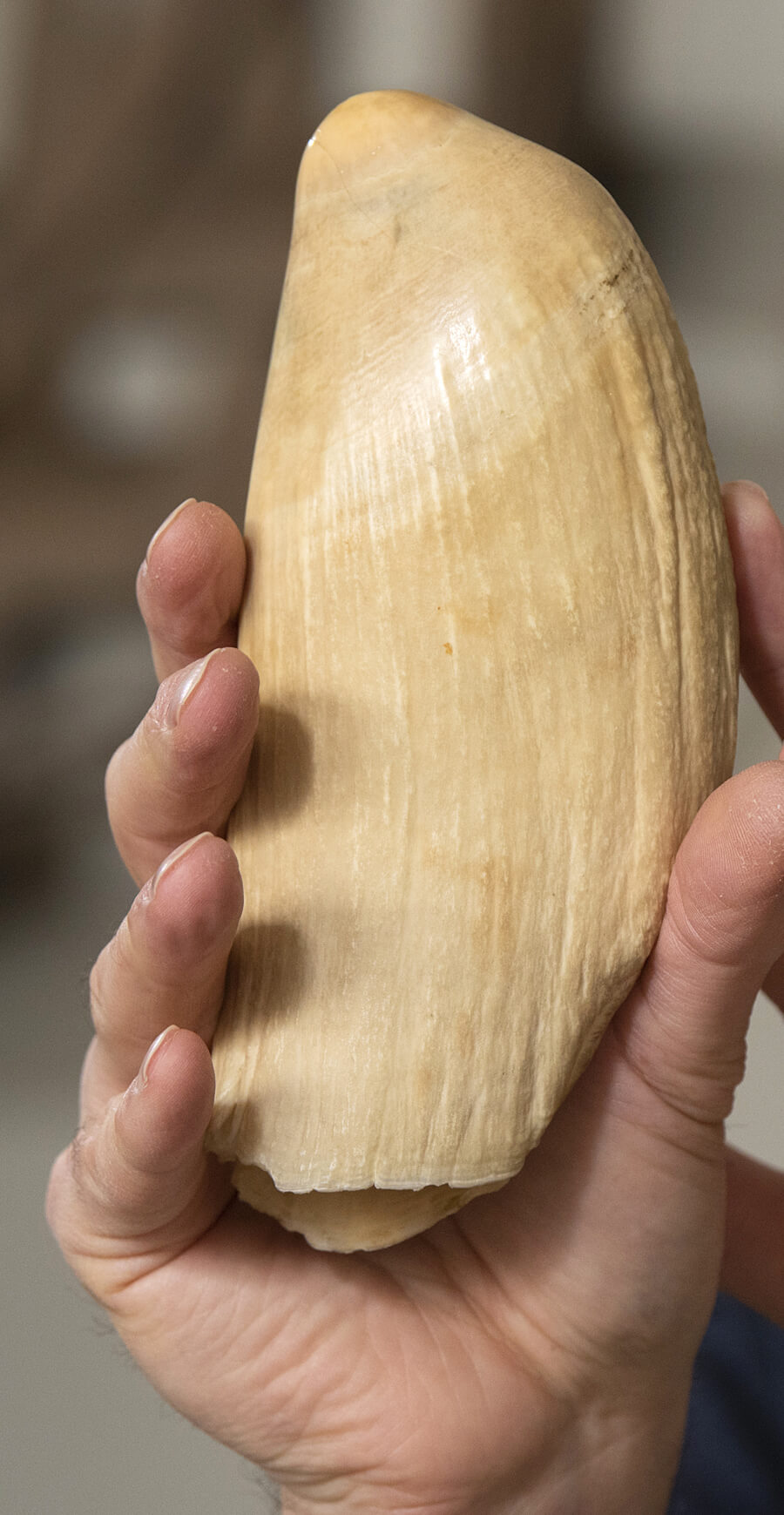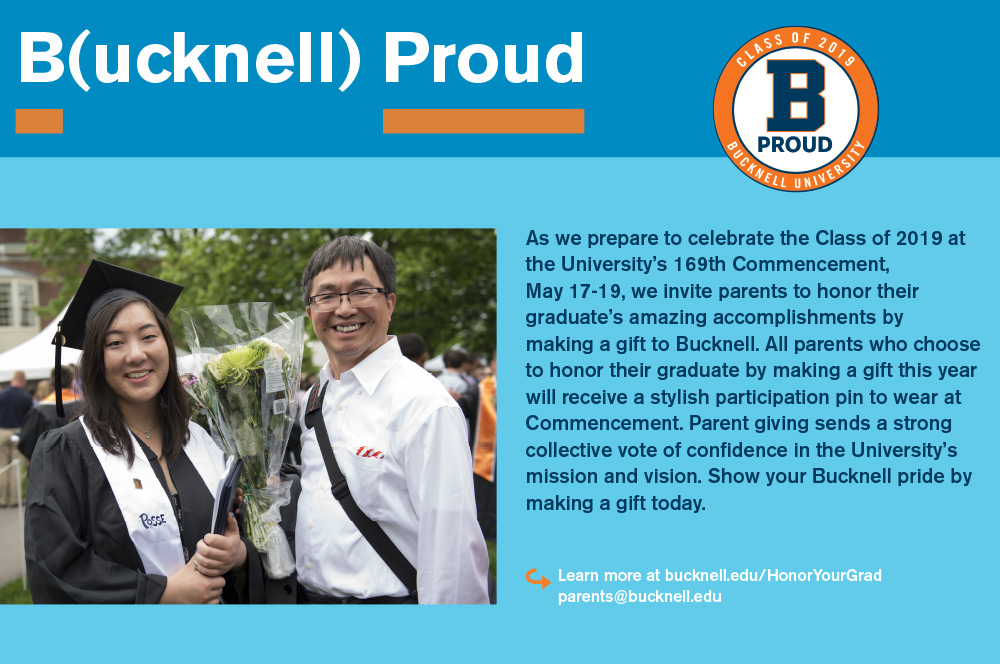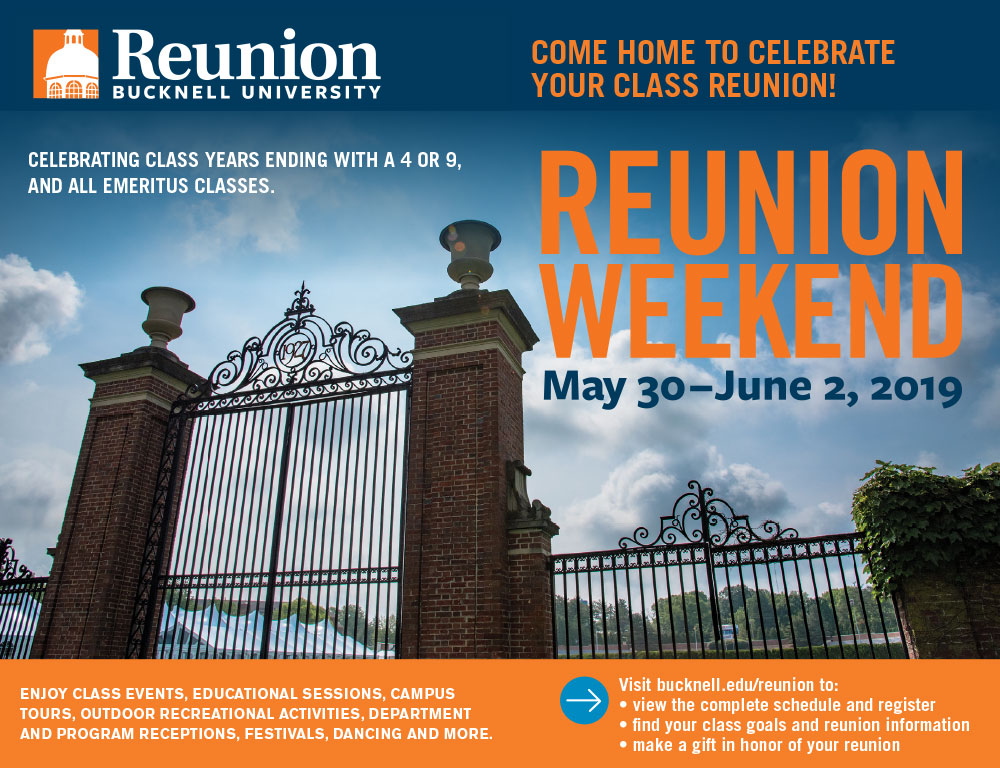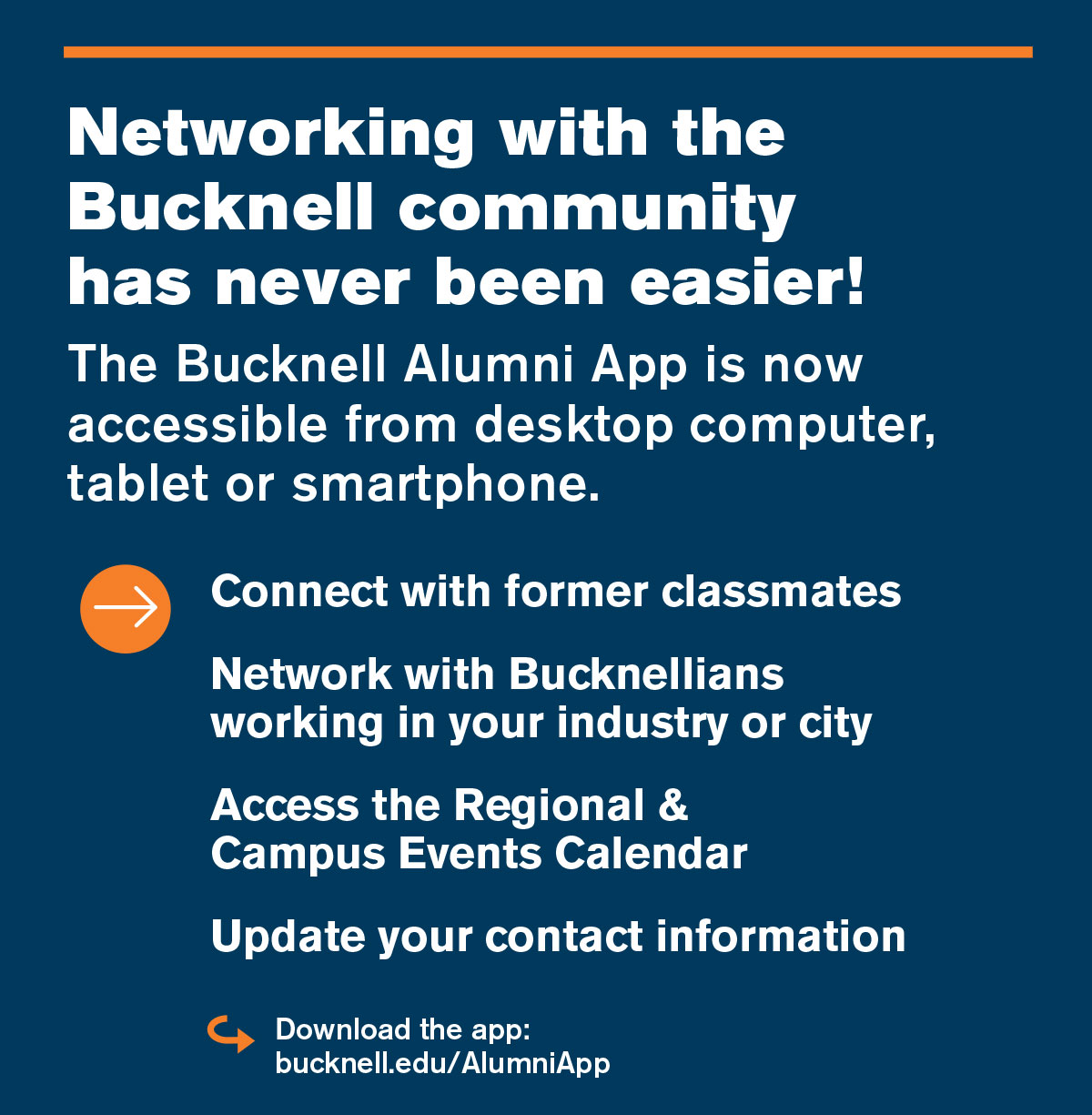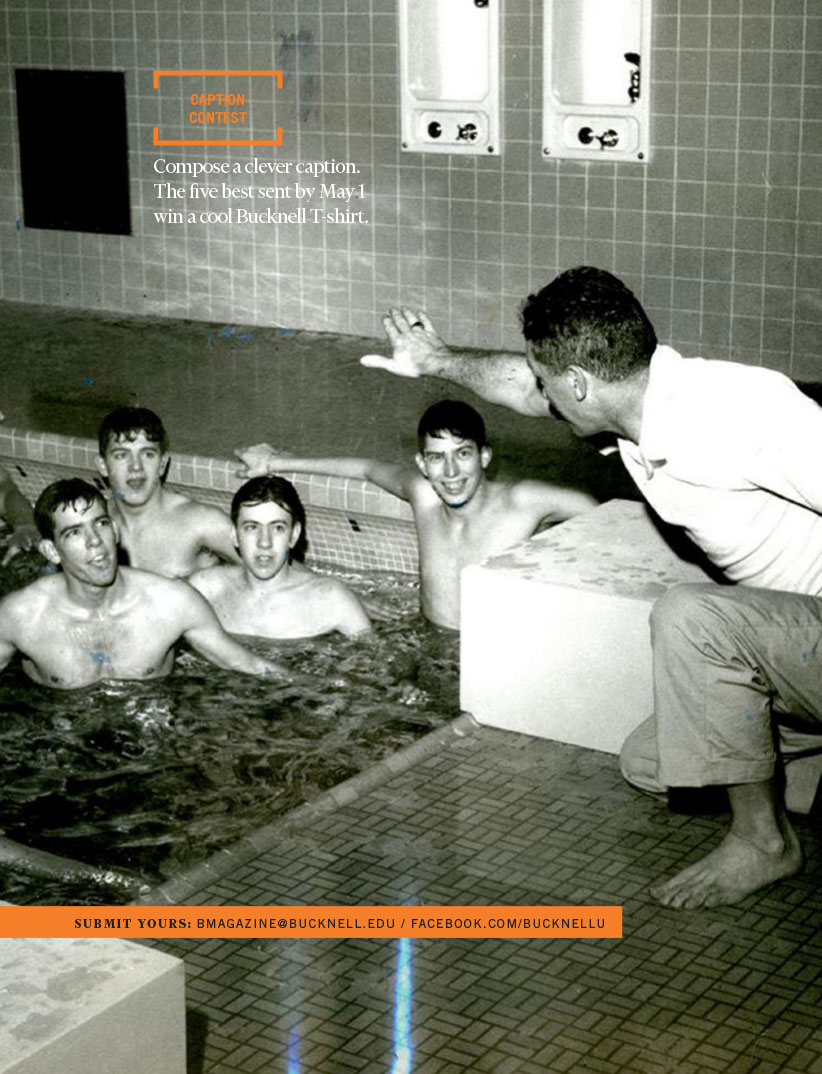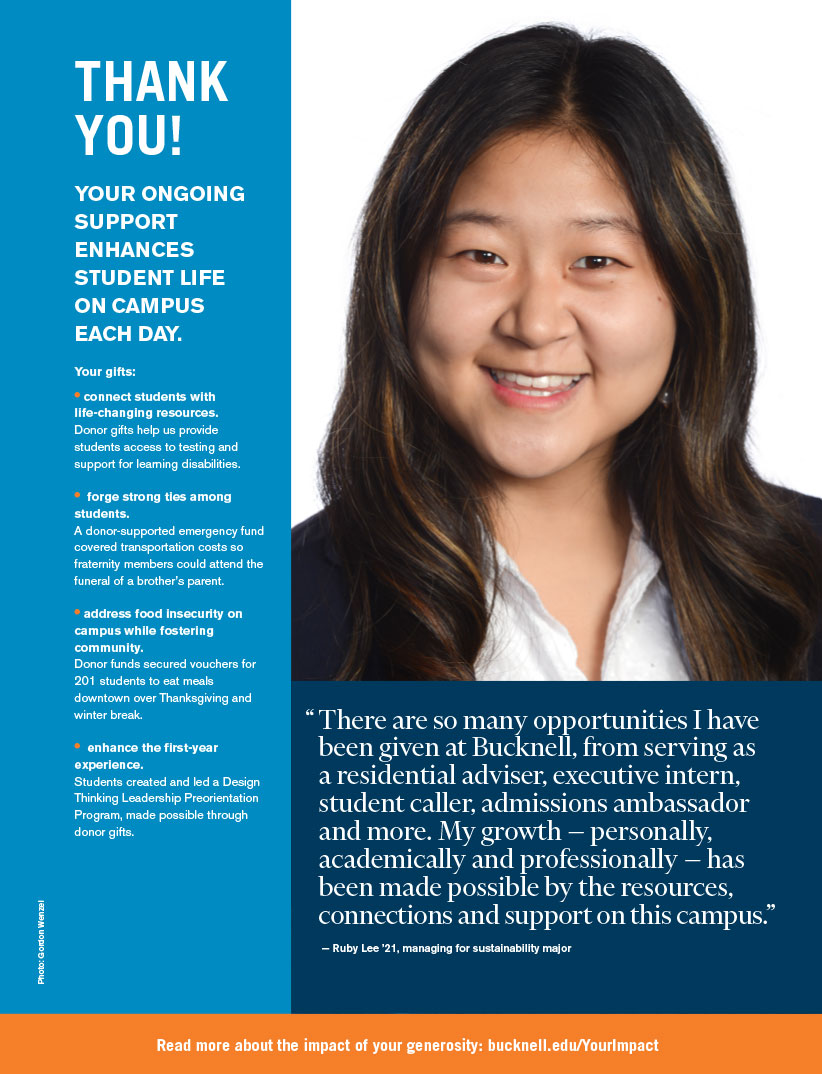Outside Coleman Hall, magnolia trees perfume the air with a lemony scent.
Outside Coleman Hall, magnolia trees perfume the air with a lemony scent.
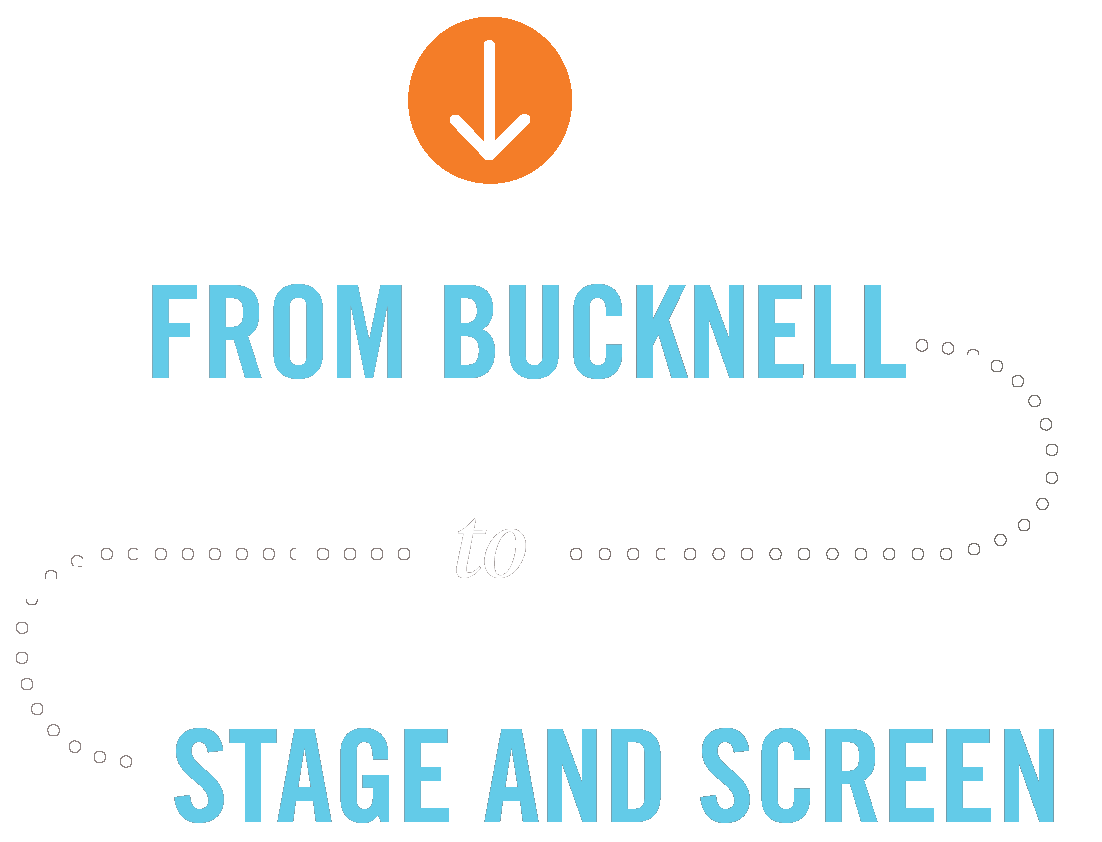
by Eveline Chao
“That experience of being more confident and trusting myself and coming out of my bubble — and not being ashamed of wanting to pursue acting — has been its own journey,” she says.
After graduation, Malone, a German and film/media studies major, was a deputy elections officer/adviser at the United Nations. She quit that post four years ago to focus on acting.
She recently appeared in New York City’s West End Theatre production of Harriet Tubman, The Woman, a play attended by a descendent of Tubman’s.
Malone also starred in the film Faking Real, a political thriller about the hacking of a U.S. presidential election, which is in postproduction.
Malone says she wants to use her craft to touch and inspire others.
“I want to be a role model and lift up other people with my acting.”
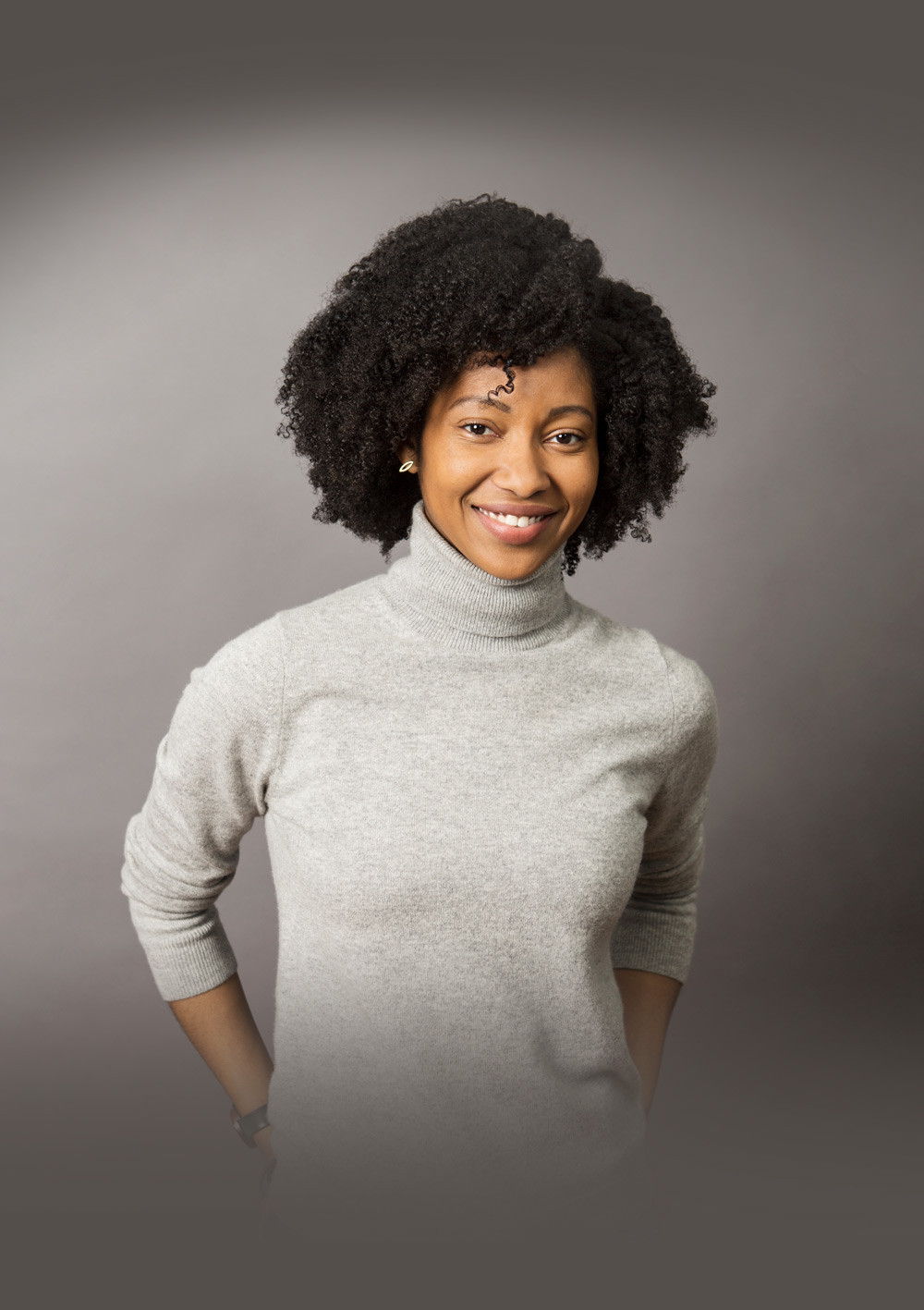

by Eveline Chao
“That experience of being more confident and trusting myself and coming out of my bubble — and not being ashamed of wanting to pursue acting — has been its own journey,” she says.
After graduation, Malone, a German and film/media studies major, was a deputy elections officer/adviser at the United Nations. She quit that post four years ago to focus on acting.
She recently appeared in New York City’s West End Theatre production of Harriet Tubman, The Woman, a play attended by a descendent of Tubman’s.
Malone also starred in the film Faking Real, a political thriller about the hacking of a U.S. presidential election, which is in postproduction.
Malone says she wants to use her craft to touch and inspire others.
“I want to be a role model and lift up other people with my acting.”
Dover, Pa.
Santa Fe, N.M.
Animal research at Bucknell is carefully regulated by the USDA and by the on-campus Institutional Animal Care and Use committee, which consists of veterinarians, members of the community and Bucknell faculty. They inspect all animal facilities, regulate housing plans for all animals on campus and review and approve any research project before it can begin. That Professor Judy Grisel and her students conduct their research on campus means that this group of experts has read their plans, concluded that the work will be conducted ethically and with the welfare of the animals in mind, decided that there are no alternative methods to answer the research question and deemed the work scientifically important.
In stark contrast to public opinion, a recent Nature poll indicates that 92 percent of scientists agree that animal research is essential to the advancement of science. This almost universal support underscores the important role that animal research plays in scientific progress; 88 percent of Nobel prizes in physiology and medicine have been dependent on research with animals. The scientific importance of this research means that experience with ethically conducted, well-regulated animal studies is essential to the education of Bucknell students in the sciences. One might say we owe it to them.
Assistant Professor of Psychology and Animal Behavior
There are some 15,000 men and women, like profile subject SCI Coal Township Superintendent Thomas McGinley, who work 24/7 in the Commonwealth’s 25 state prisons to protect public safety. At the same time, they are providing counseling, programming, education and vocational training to the men and women in their care to prepare those individuals for success when they return to the community.
The magazine’s excellent feature stories highlighted the valuable and enduring partnership with the professors, students and alumni from Bucknell and how the prison experience can positively impact those on the outside as well.
Press Secretary, Pennsylvania Department of Corrections
Fortunately, there is good research that shows formerly incarcerated people can be valuable assets in the workplace — with higher rates of retention and promotion and no increased risk. Many of us are privileged as Bucknell graduates to be in positions where we are hiring people, setting corporate policy or working on legislation, and we can make sure our own practices are not contributing to the cycle of mass incarceration that Bucknell students are seeing firsthand through this program.
Attorney, Georgia Justice Project Atlanta
Bridget Fahey ’93 leads the Division of Classification and Conservation at the U.S. Fish and Wildlife Service.
Photograph by Dustin Fenstermacher

Volume 13, Issue 2
Andy Hirsch
Editor
Sherri Kimmel
Design
Amy Wells
Associate Editor
Matt Hughes
class notes editor
Heidi Hormel
Brad Tufts
Heather Johns
Emily Paine
Susan Lindt
Editorial Assistants
Shana Ebright
Julia Stevens ’20
Emma Downey ’18, M’20
Website
bucknell.edu/bmagazine
Contact
Email: bmagazine@bucknell.edu
Class Notes:
classnotes@bucknell.edu
Telephone: 570-577-3611
(ISSN 1044-7563), of which this is volume 12, number 2, is published in winter, spring, summer and fall by Bucknell University, One Dent Drive, Lewisburg, PA 17837. Periodicals Postage paid at Lewisburg, PA and additional mailing offices.
Permit No. 068-880.
Circulation
53,000
Postmaster
Send all address changes to:
Office of Records,
301 Market St., Suite 2
Bucknell University, Lewisburg, PA 17837
© 2019 Bucknell University
Please recycle after use.


The board greenlit plans for the 79,500-square-foot facility during its spring meeting, Feb. 6–8 in Washington, D.C. Construction of the building, which will stand at the corner of Coleman Hall Drive and Fraternity Road, is anticipated to begin this summer and finish in time for the spring 2021 semester.
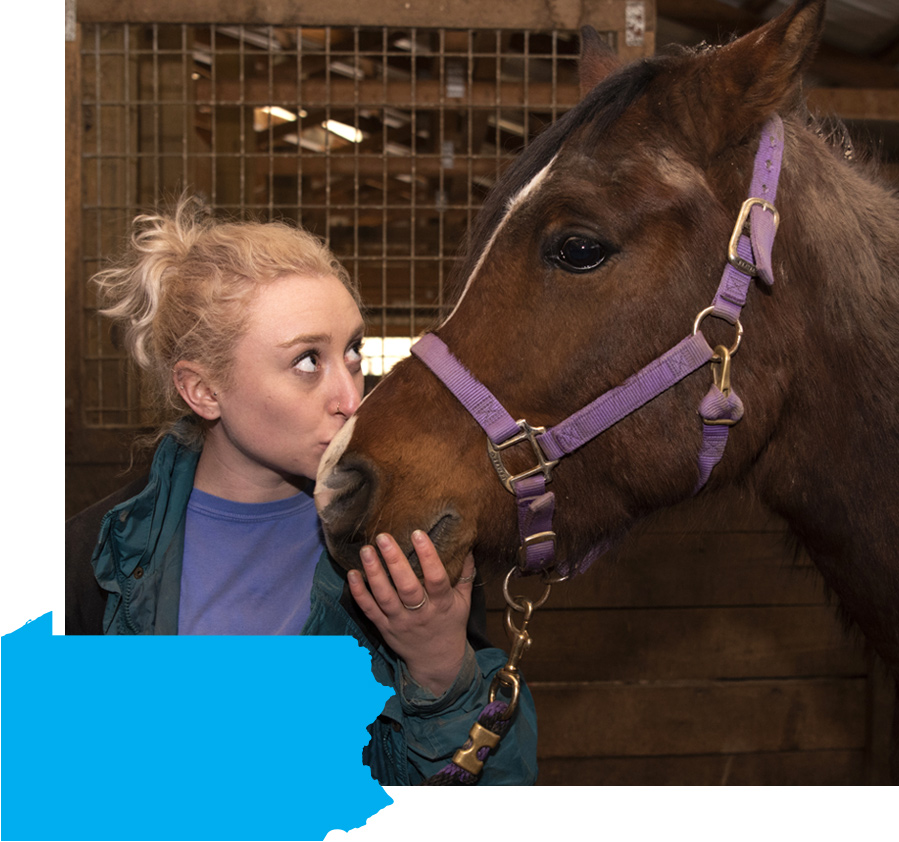

 Milton, Pa.
Milton, Pa.Thousands of horses are neglected or abused in the United States each year. Some are even sent to slaughterhouses in Canada and Mexico. For more than two years, Professor Jamie Hendry, management, has offered a home for horses in need on her Arabian horse farm in Milton, Pa.
What They’re Doing:
As her personal rescue operation grew, Hendry realized it was time to seek nonprofit status as a 501(c)(3) organization. Hendry turned to Professor Carl Milofsky, sociology and anthropology, who teaches courses on establishing nonprofits. His former students Lina Hinh ’19 and Mara Vinnik ’19 joined the effort.
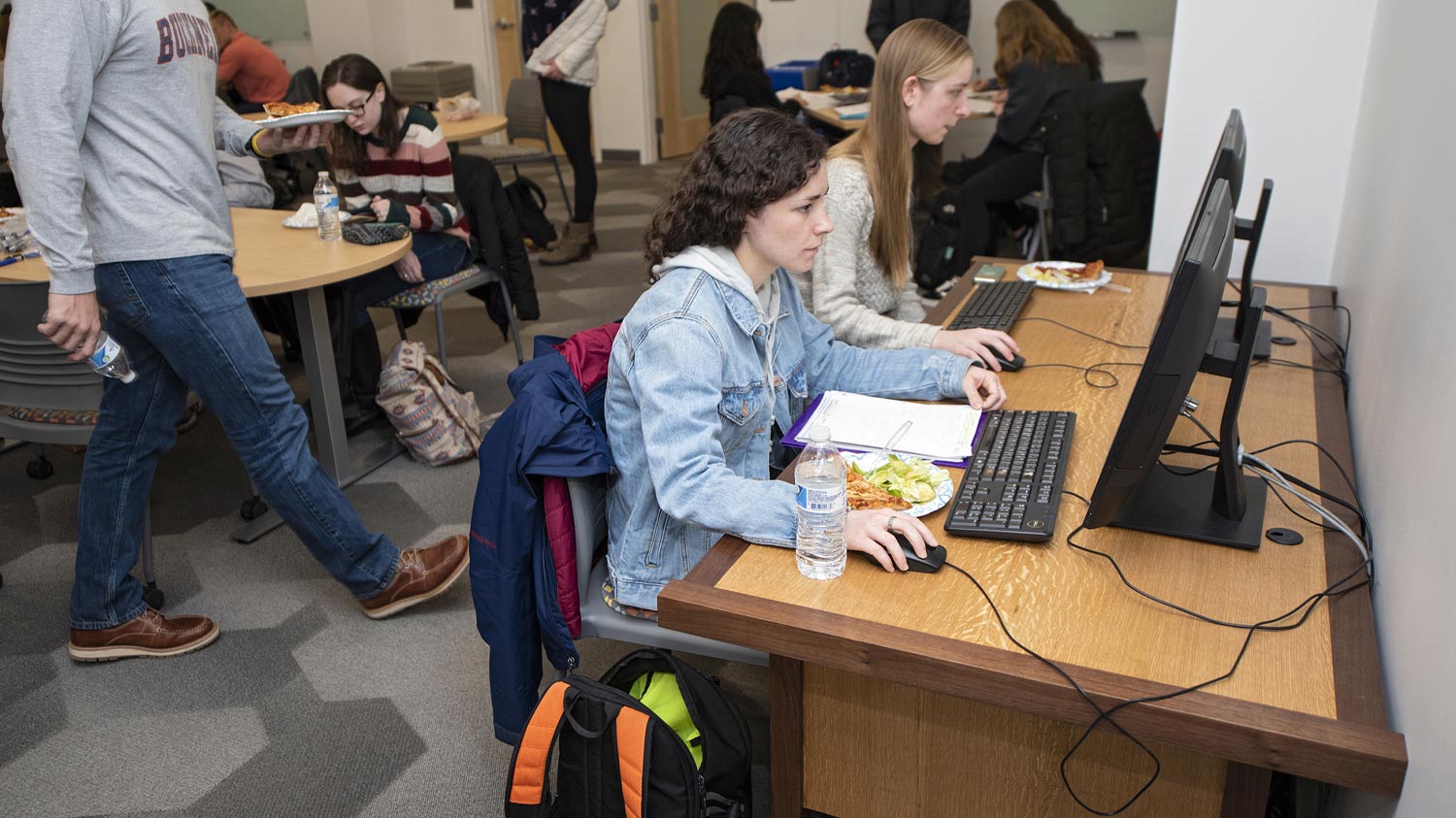

When Yildirir noticed some of the large trees on campus had been removed due to disease, he thought, “Why don’t we build stuff with this wood for the campus so you can say, ‘Oh, this table was built from a tree right by Harris!’ It is a form of sustainability.”
During his senior year, Yildirir pitched his idea to Patrick Mather, dean of engineering, who welcomed the project. As a civil-engineering major, Yildirir spent his time in the classrooms and study area of Dana Engineering. If not in Dana, he could be found 20 minutes away, in the workshop of woodworking artist John Sterling. Yildirir met Sterling at the annual Lewisburg Arts Festival his junior year and worked with Sterling building tables three times a week.
“A huge part of young folks’ challenge is loneliness and a lack of belonging,” Nelson says. “Many of our traditional ways of coming together have fallen apart. The radical experience of seeing people face-to-face and talking about things that matter makes a big difference in reducing that feeling of isolation and loneliness. The hunger to connect is still there. We just have to figure out new patterns to make it happen.”
A graduate of Yale Divinity School, Nelson comes to Bucknell from Maine’s Colby College, where he was dean of religious & spiritual life for six years.
Nelson was eager to join an established chaplaincy and follow in the footsteps of former Bucknell University chaplains, who shepherded Bucknell’s program through growth that brought greater depth, diversity and integration to religious life on campus.
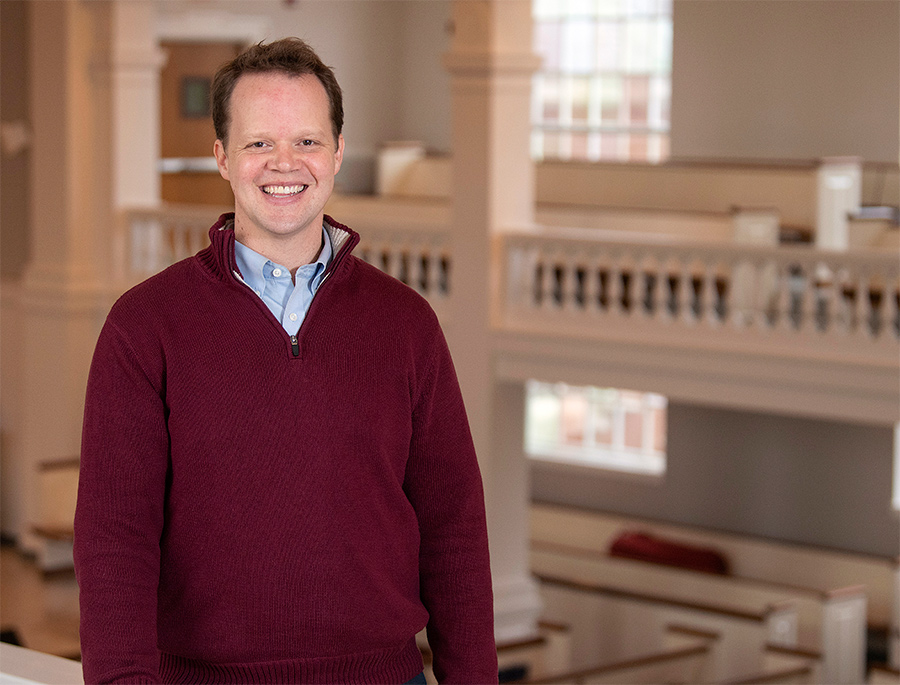


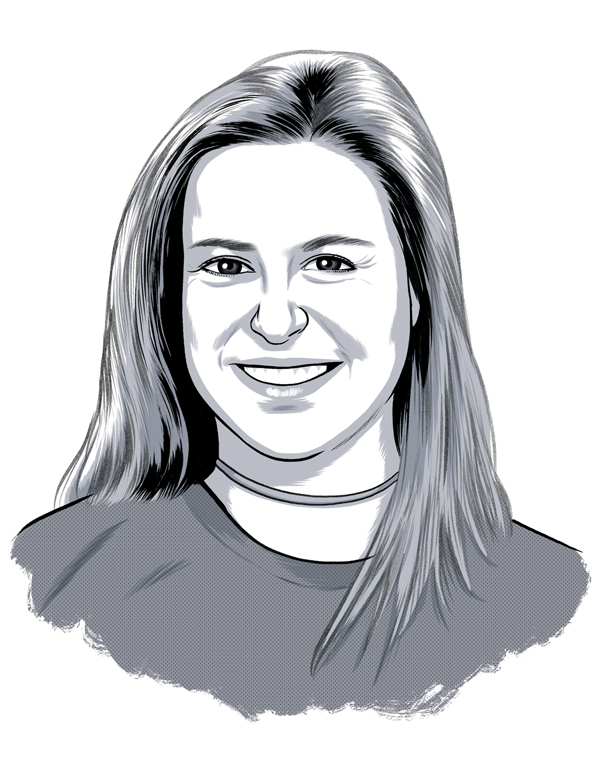
Editor-In-Chief of The Bucknellian

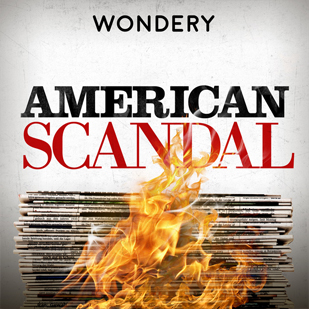
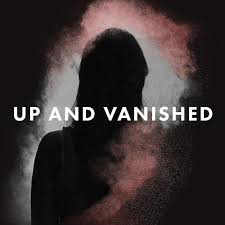

Editor-In-Chief of The Bucknellian




b. Borg/McEnroe
c. Wimbledon

b. The Australian Open
c. Wimbledon
All four major opens have their own unique flavor. The Australian Open is fun in the sun. The French Open is Paris in the springtime; you can’t beat it. Wimbledon is the cathedral of the sport. And the U.S. Open is showtime on the red carpet in New York. But because it’s such a heritage event, I’ll have to go with the tradition of Wimbledon.

b. Good eye, good eye
c. That’s the way the ball bounces

— Benjamin Gleisser

Image: shutterstock.com

When Martin Luther King Jr. visited Bucknell in April 1958, Richard Boddie ’61, P’93 was one of only three black students enrolled at the time.
Nearly 61 years later, Boddie kicked off the University’s annual MLK Week observance by recalling King’s visit and chapel address to 50 students and faculty gathered Jan. 21 at Elaine Langone Center.
“[King] was like a rock star,” Boddie recalls of the civil-rights icon’s chapel talk.
“There were myriad reasons why I was attracted to this opportunity, including Bucknell’s commitment to academic excellence, the value the community places on an educational experience steeped in the liberal arts, and the University’s ongoing efforts around issues of inclusiveness,” said Mermann-Jozwiak. “The more I engaged with members of the Bucknell community, the more I recognized and appreciated how the values of the institution perfectly align with my own values and experiences.”
A professor of English and women’s & gender studies, Mermann-Jozwiak holds a doctorate in English from the University of Wisconsin-Madison, which she earned after receiving a master’s in English and theology from the University of Cologne in Germany. She joined Gonzaga, in Spokane, Wash., as the dean of the College of Arts & Sciences in 2013. Before that, she was associate dean of the College of Liberal Arts and Haas Professor of English at Texas A&M University–Corpus Christi.
“In addition to her broad and exceptional experience, Elisabeth brings to Bucknell a strong belief in and passion for the transformative power of the type of undergraduate education Bucknell provides its students,” President John Bravman said of her appointment. “Her well-informed perspectives will no doubt add great value to our community and accelerate our forward momentum toward an even stronger Bucknell.”
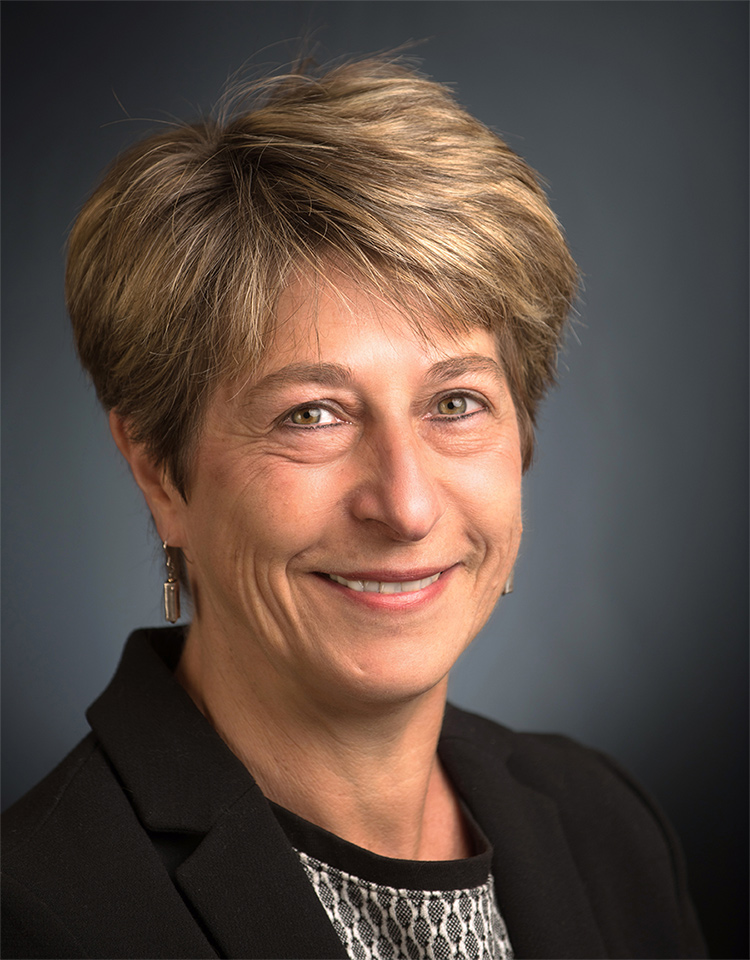
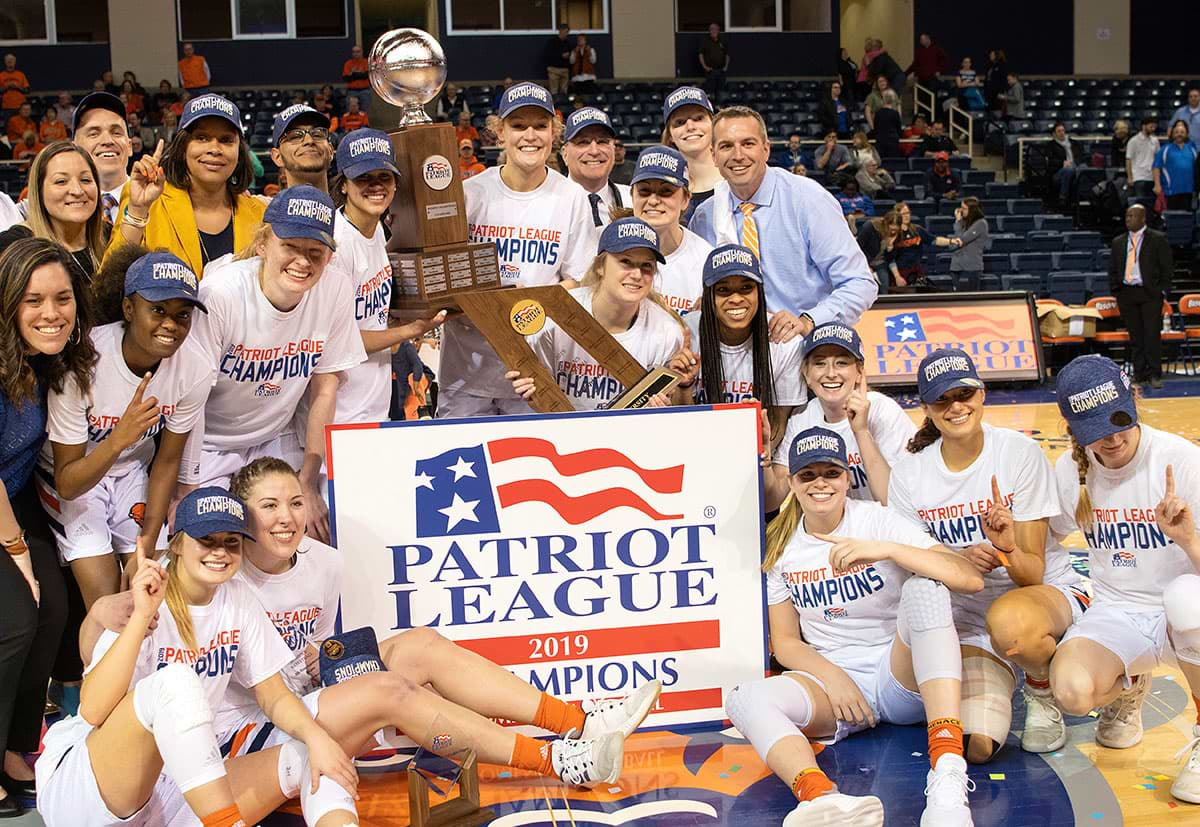

“They weren’t going to be denied.”
These words sum up Head Coach Aaron Roussell’s comments following the Bison women’s basketball team’s 66-54 victory over American University to win the Patriot League championship and extend a record-breaking season into the NCAA Championship Tournament. The team lost its first game to Florida State, 67-70.
Reflecting on the championship, the second in three years for his team, Roussell says, “I can’t say enough about what a special group this is.” The 28-5 mark going into NCAA play is a program record, and the 102 career victories for seniors Rachel Dumiak, Kyi English, Maegan Mikkelsen, Kaitlyn Slagus and Kate Walker are a Patriot League record.
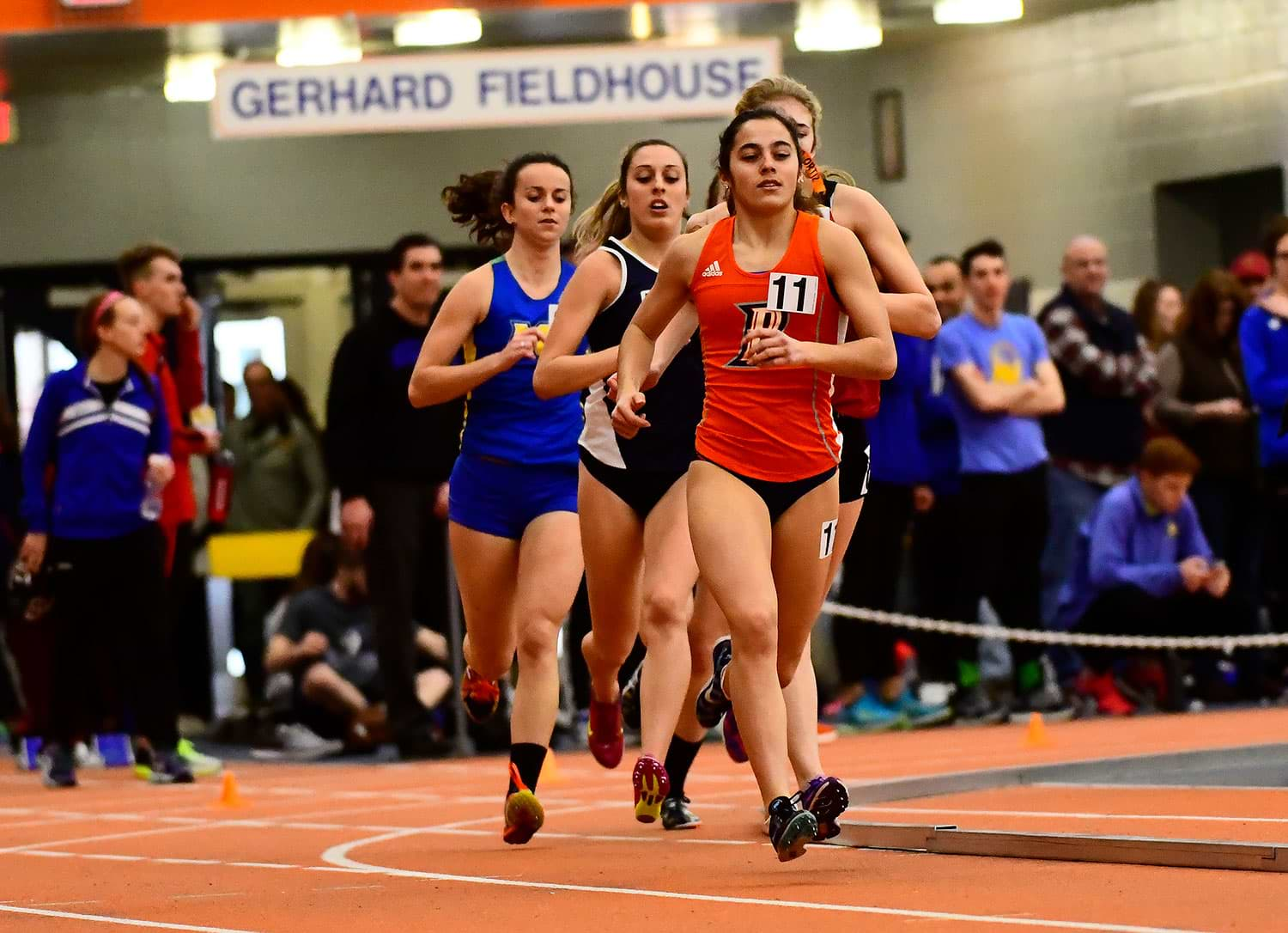

Anna Chiodo Ortiz ’19 chose managing for sustainability because of the major’s versatility — a quality she embodies in her own life. She’s a distance runner for the women’s track & field and cross-country teams. She also maintains an increasingly popular Instagram account and blog, where her growing base of followers reads her candid commentary about her ongoing struggles with eating disorders and body image.
A passion that began in seventh grade earned the Ambler, Pa., native a spot on the Bucknell teams. Though she’s had many successes, Chiodo Ortiz considers her career highlight to be a 10-kilometer race she ran in her sophomore year, not because of her finish time, but because of the circumstances surrounding the race. “It was pouring rain, but it was the most fun I’ve ever had in a race. And I scored at leagues, which I never imagined doing.”

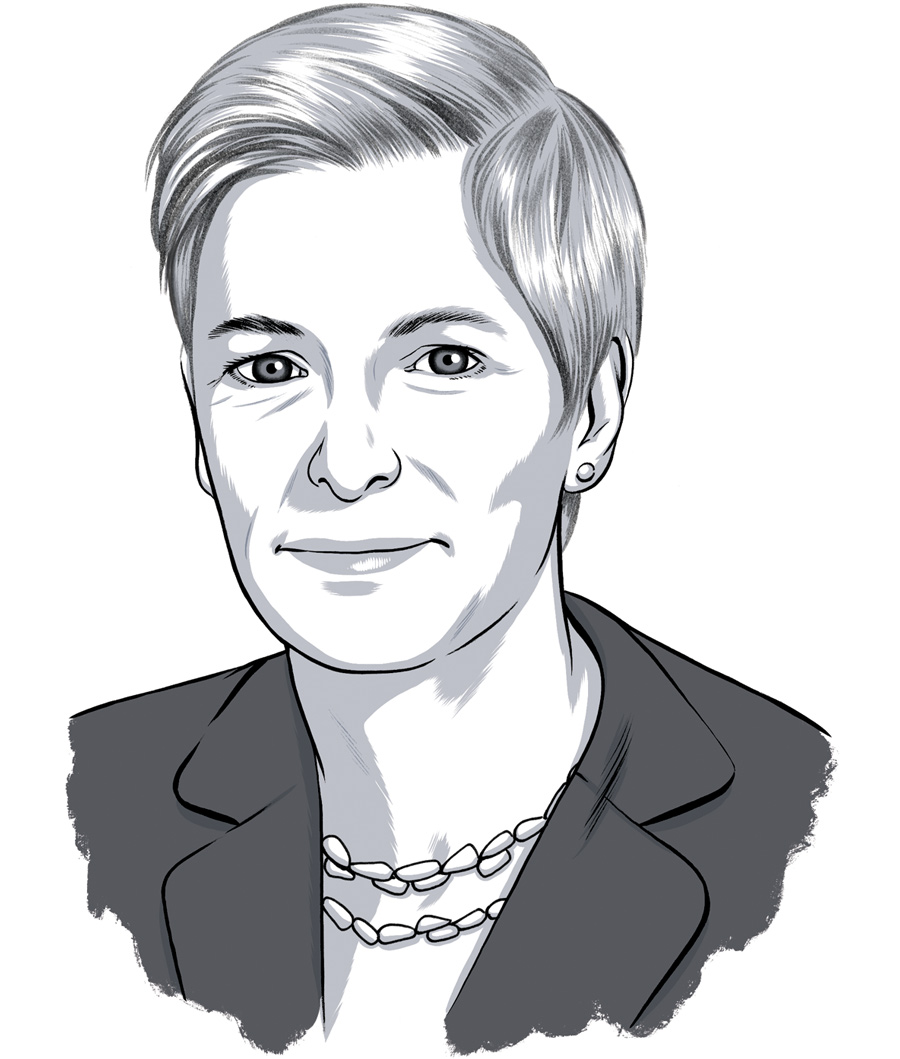
 In fall 2018, Professor Renée Gosson was selected as the new director of the Bucknell en France program and currently serves as the program’s Professor in Residence in Tours, France. Having studied abroad in Avignon, France, as a student herself, in addition to conducting research in the French Caribbean, she is no stranger to international travel.
In fall 2018, Professor Renée Gosson was selected as the new director of the Bucknell en France program and currently serves as the program’s Professor in Residence in Tours, France. Having studied abroad in Avignon, France, as a student herself, in addition to conducting research in the French Caribbean, she is no stranger to international travel.or most parents, attending a child’s high-school graduation is a joyous occasion. But when Rick ’79 and Nancy Murphy Thompson ’79, P’08 attended graduation parties for their son Matt and his friends, “it felt almost like a funeral,” Rick Thompson says.
Many of Matt’s friends are physically disabled, while Matt has a rare form of muscular dystrophy, so school-related activities are typically the center of their social lives. But the Thompsons knew, “when they leave high school, everything stops.” Homebound and isolated with little to do, and reliant on parents for their care, their risk of depression is high.
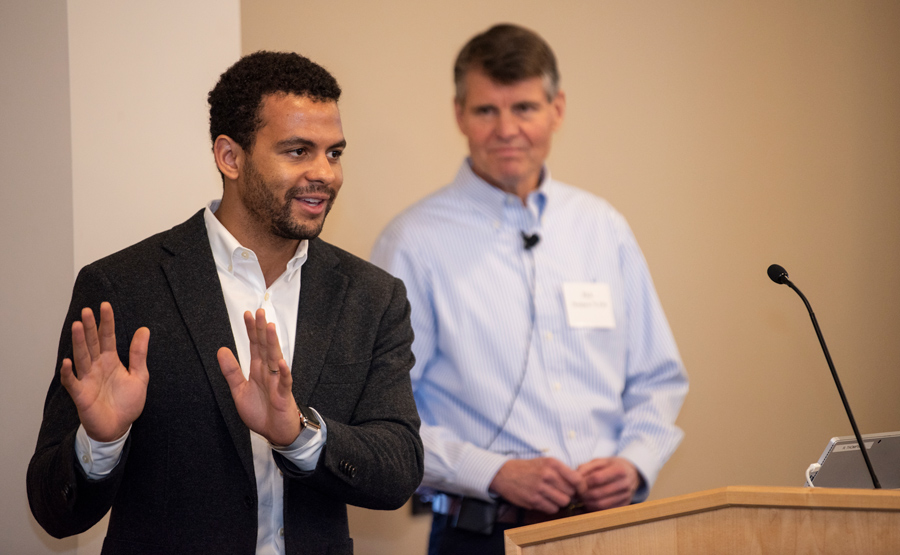
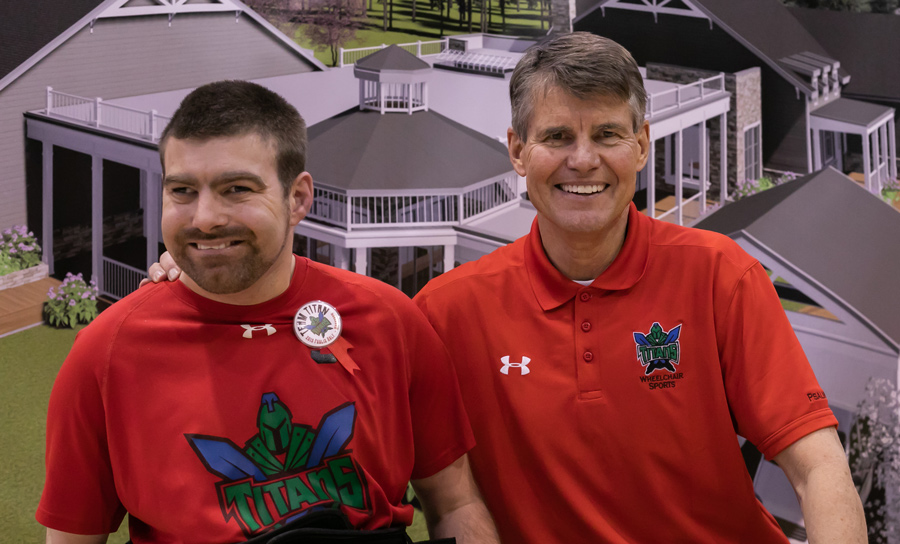

Above: Rick Thompson ’79, P’08 (right) with son Matt, who inspired the new nonprofit.

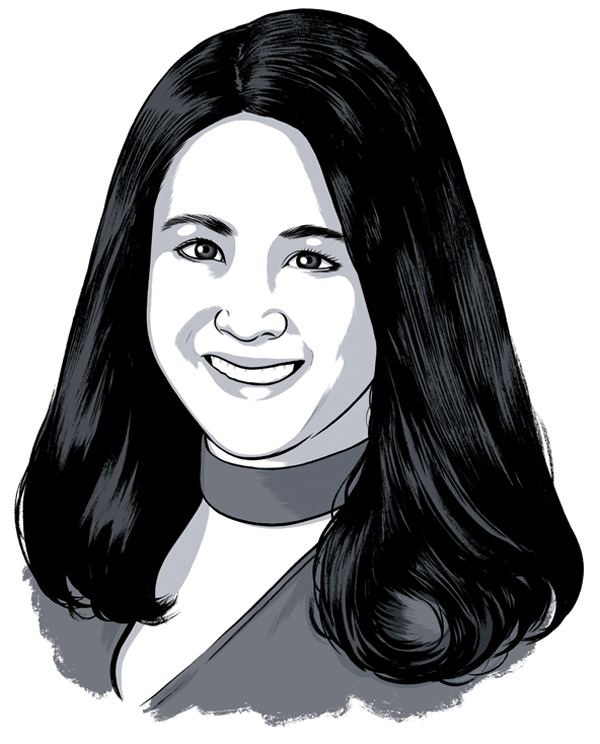
The
People
photographs by Dustin Fenstermacher
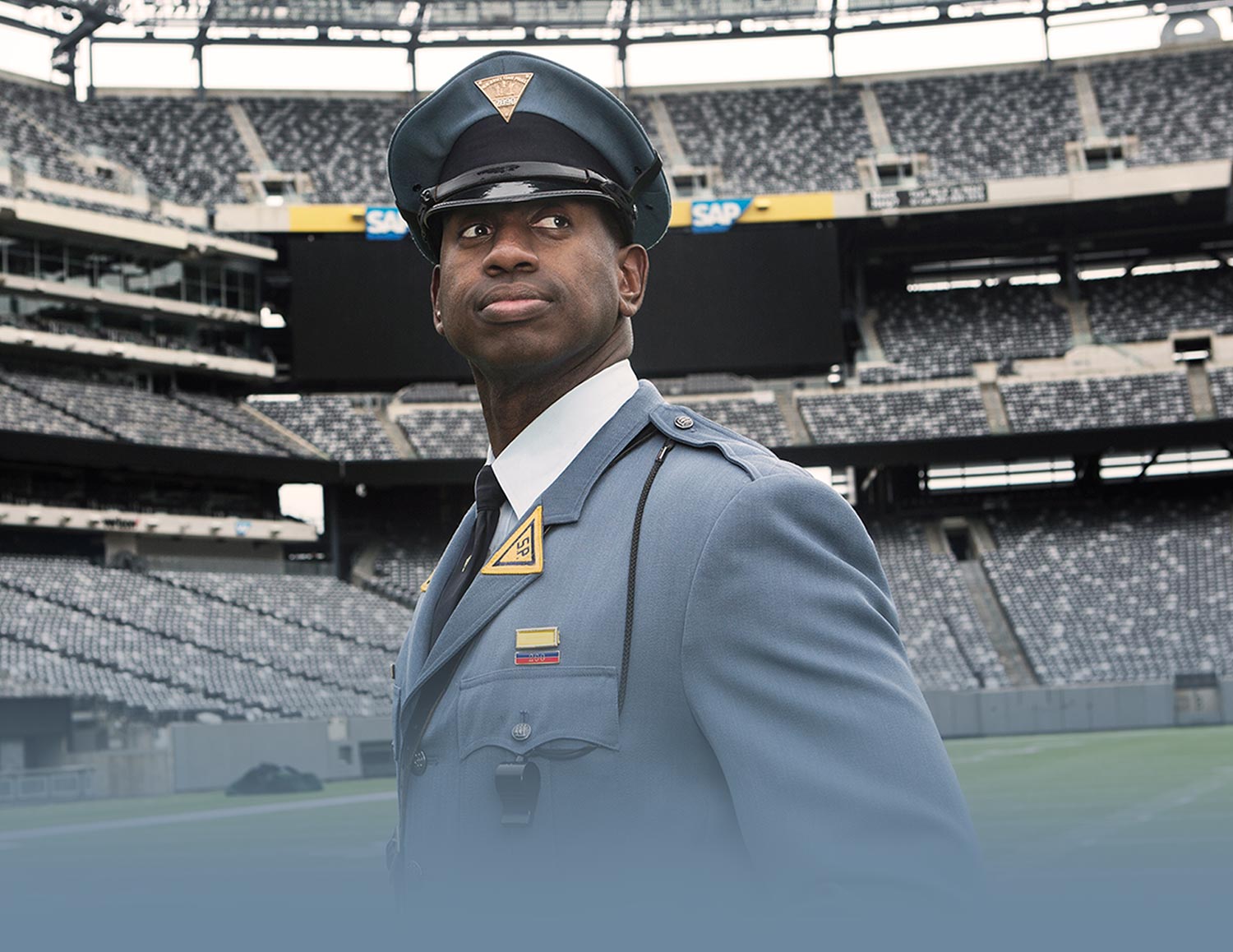
The
People
photographs by Dustin Fenstermacher
hey’re battlefield tour guides. They’re patent inspectors and geographers determining what we see on our maps. They are the difference between a thriving species and one that’s extinct.
A mere 220 Bucknellians self-identify as “public servants,” that curious term denoting someone working for a local, state or federal government. Nationally, they are among 22 million Americans — that’s 7 percent of the nation’s workforce — toiling for us to create a government by the people. Here’s why some Bucknell alumni do it.
Since 2004, the BPIP Internship Fund has placed 436 students in summer internships with nonprofits and government offices around the world and supported these placements with stipends worth more than $1.2 million. Organizations where students have interned range from familiar names like the American Red Cross and Smithsonian Institution to international entities such as Rwanda Housing Authority and Un Techo Para Chile (A Roof for Chile).
For students, the experiences provide valuable information.
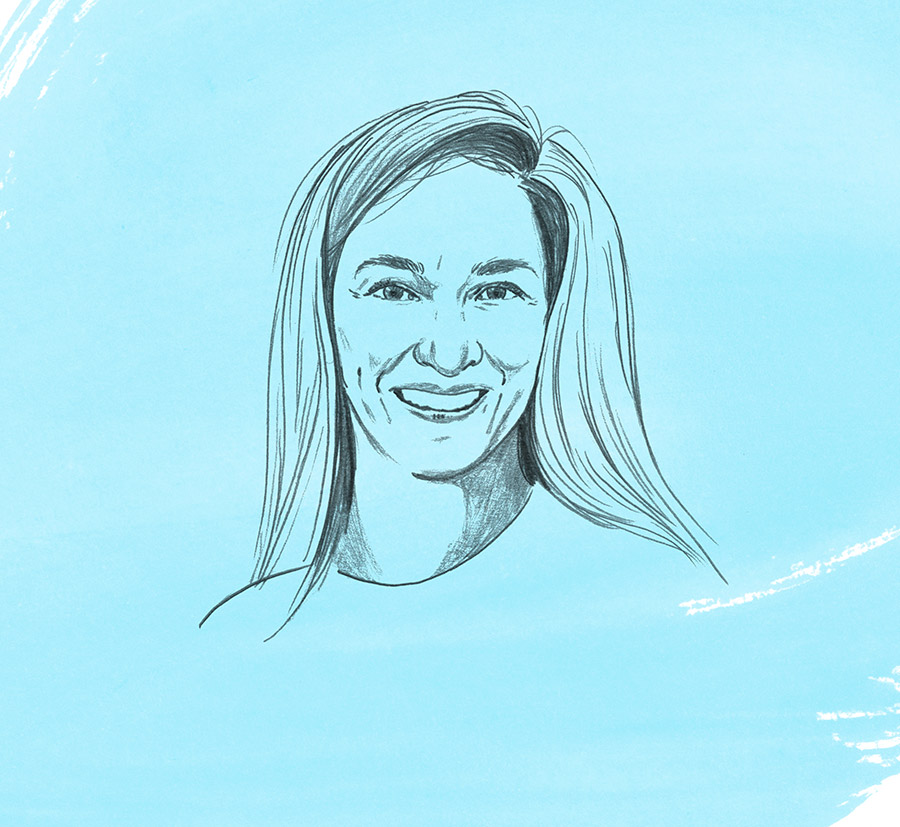
Twenty years later, I still point to that inaugural Brigade trip to Nicaragua as one of the most formative experiences of my young life. There was laughter, and friendships were born. There was radical listening and community- building. There was outrage. And there was action. These are some of the key components I now draw upon as a global public- health consultant working with communities to create bottom-up solutions in places where the health-care system has been inadequate.
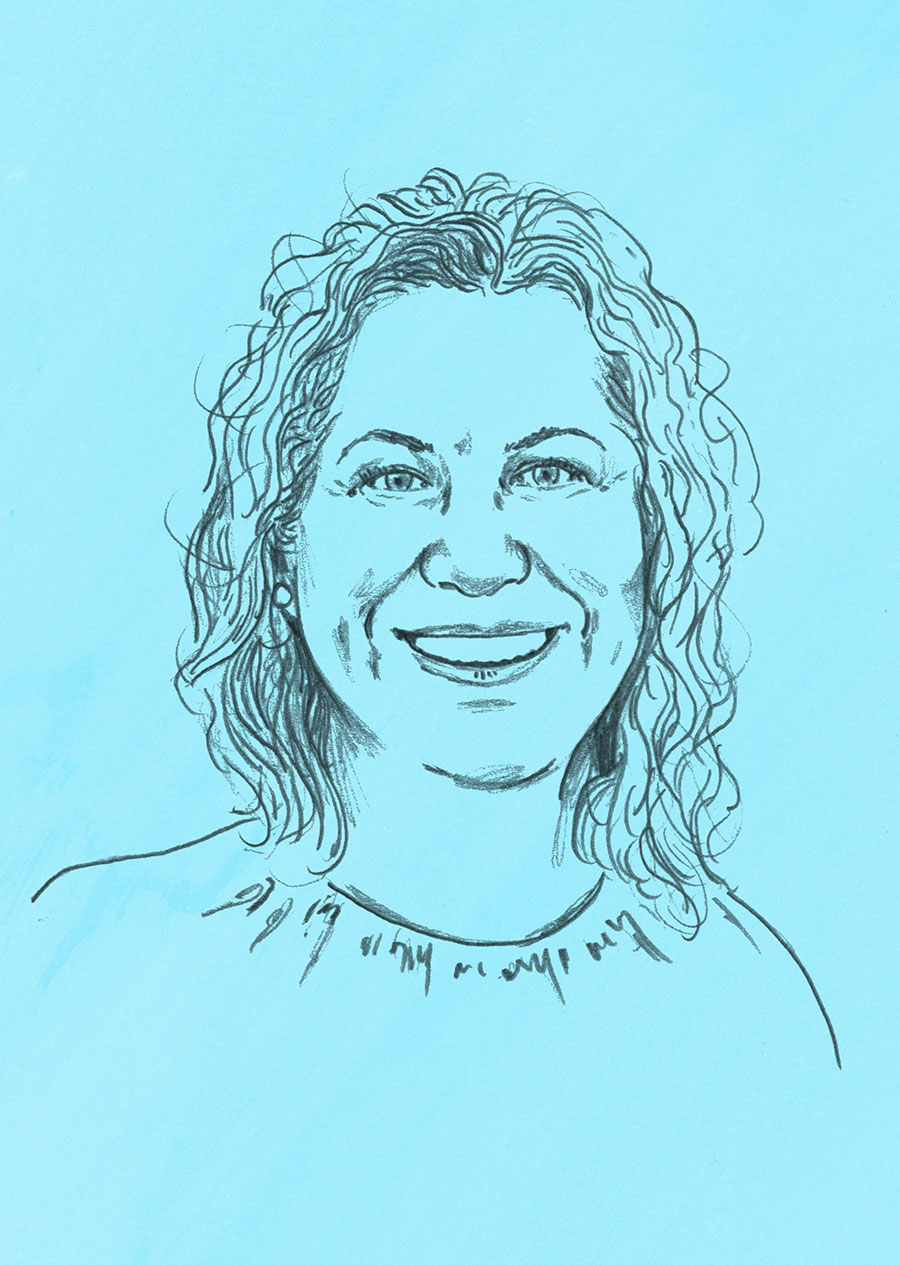
The sound science education I received as a Bucknell biology major has served me well in my career. But it was my participation on the Bucknell field hockey team that really paved the way for my future in public service, at both the state and federal levels. I was a walk-on goalie and a captain my senior year; to be able to serve in that “servant leader” role gave me the confidence, flexibility, work ethic and relationship-building skills to navigate post-college life.
I got a further taste of service when I started working as an epidemiologist at the Massachusetts Department of Public Health in 2000. Operating in a mission-critical role — investigating outbreaks and educating the public about infectious diseases — cemented my passion for service. I’ve since moved on to be a program manager at the National Institute of Allergy and Infectious Diseases, intentionally remaining in public service. I am reminded every day how lucky I am to have the opportunity to work as part of a well-oiled machine to develop interventions that keep my fellow humans safe from illness. My academic and athletic achievements at Bucknell certainly steered me down this path, and for that I’m forever grateful.
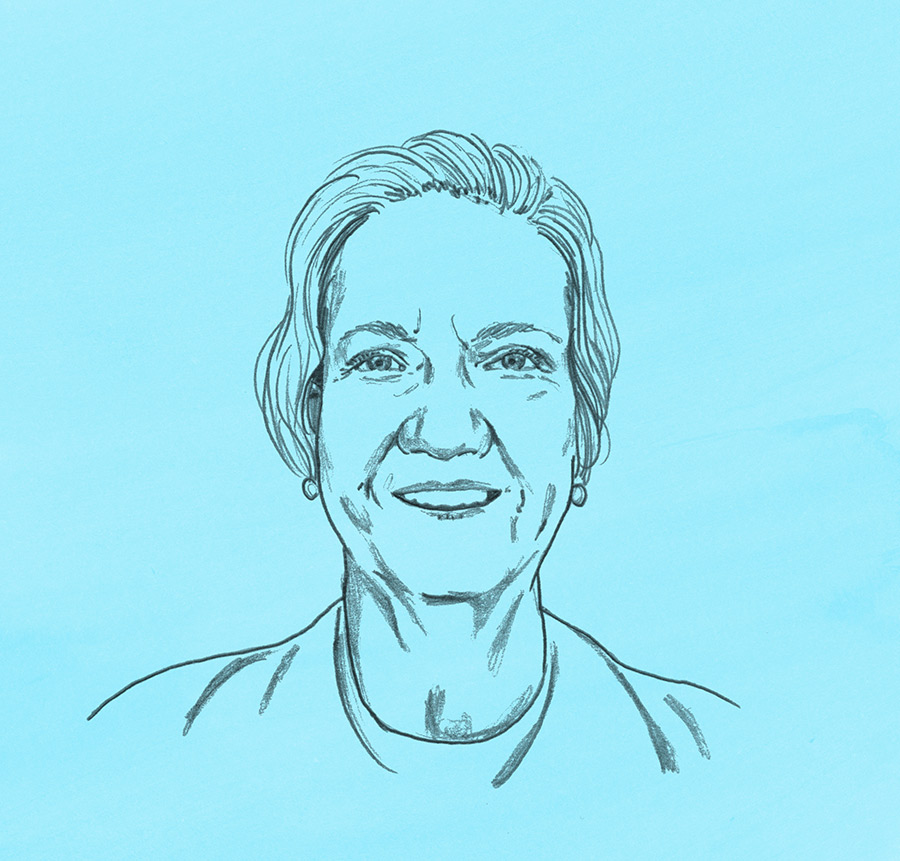
Forty years ago, I was a senior mathematics major in an enviable position. Just a few months before graduation, I already had five offers to work in the computer science industry (I had a concentration in that discipline because there was no major at the time). I chose to move to the Lehigh Valley and work for Pennsylvania Power & Light Co. as a programmer because of PP&L’s commitment to the local community. Two years later, I left to pursue what I believed was my true calling of teaching in the public school system. In fall 1981, I began teaching math and computer science at Emmaus High School in Emmaus, Pa.
I spent the next 35 years developing an extensive computer science program that began with the programming languages BASIC, FORTRAN and Pascal on Apple IIe microcomputers and evolved into teaching C++, Java, AppInventor, Alice, Scratch, Visual BASIC and, most recently, Python. Emmaus still offers the AP CS A course and a Data Structures course that I developed.
Engagement
illustrations by david sparshott
The 2018 midterm elections precipitated the highest youth voter turnout in 25 years. Months earlier, hundreds of thousands protested gun violence on six continents in the youth-led March for Our Lives movement following last year’s mass shooting at a Parkland, Fla., high school.
If those headlines are any indication, civic engagement isn’t merely an ivory-tower notion of what college students should be doing — it’s what they are doing.
Now a new strategy titled Engaged Bucknell promises to push civic engagement to the forefront of the Bucknell experience.
“Civic engagement takes different shapes depending on the type of institution,” says Georgina Dodge, associate provost for diversity, equity & inclusion and interim director of the Office for Civic Engagement (OCE). “At a small liberal arts college, it’s sometimes front and center; at other places, it’s negligible. At Bucknell, we fall in the middle of that now. But we see civic engagement becoming much more central to the mission of Bucknell. Our goal is to have the majority of students involved.”
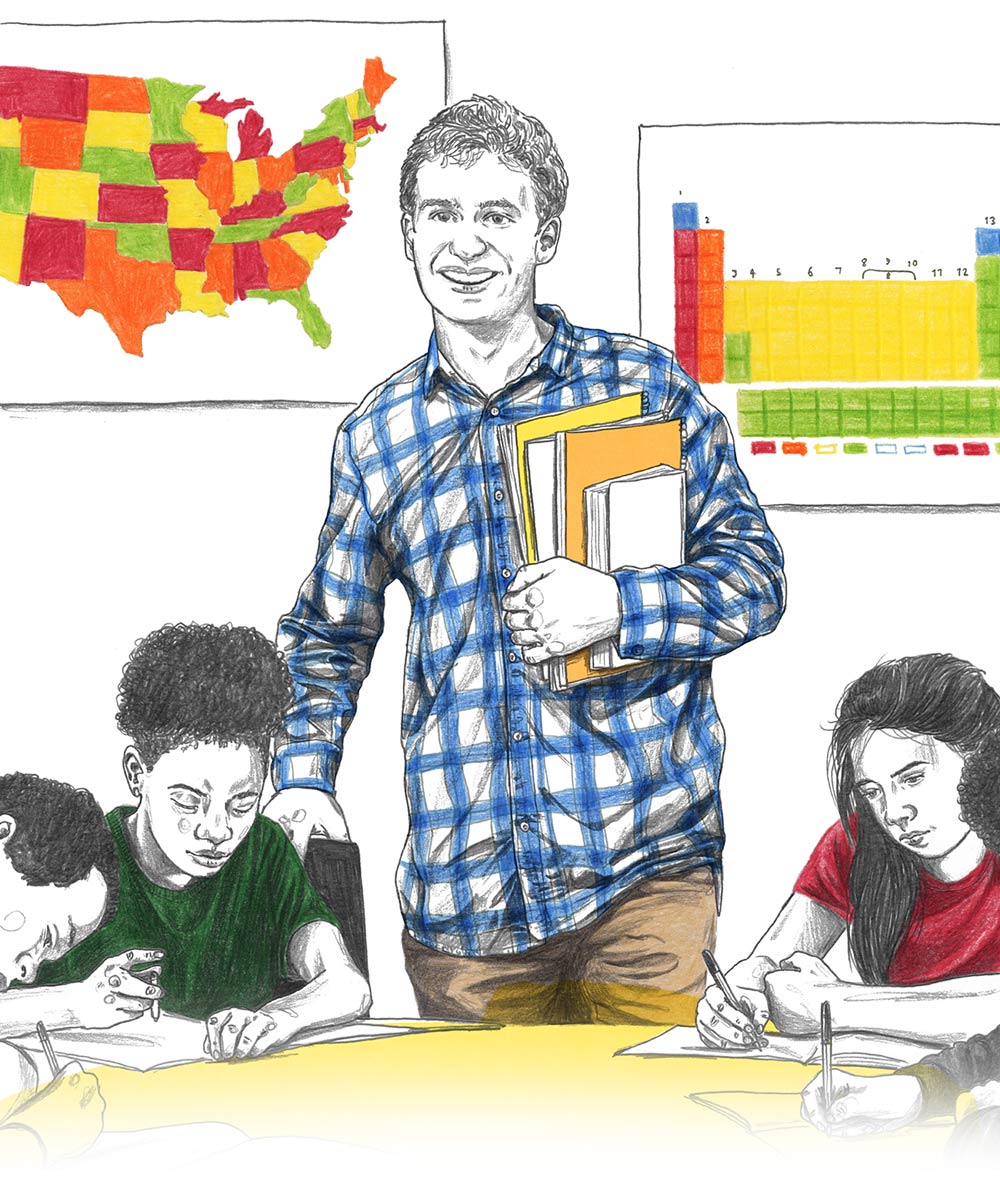
Engagement
illustrations by david sparshott
The 2018 midterm elections precipitated the highest youth voter turnout in 25 years. Months earlier, hundreds of thousands protested gun violence on six continents in the youth-led March for Our Lives movement following last year’s mass shooting at a Parkland, Fla., high school.
If those headlines are any indication, civic engagement isn’t merely an ivory-tower notion of what college students should be doing — it’s what they are doing.
Now a new strategy titled Engaged Bucknell promises to push civic engagement to the forefront of the Bucknell experience.
“Civic engagement takes different shapes depending on the type of institution,” says Georgina Dodge, associate provost for diversity, equity & inclusion and interim director of the Office for Civic Engagement (OCE). “At a small liberal arts college, it’s sometimes front and center; at other places, it’s negligible. At Bucknell, we fall in the middle of that now. But we see civic engagement becoming much more central to the mission of Bucknell. Our goal is to have the majority of students involved.”
After spending a semester abroad at the School for International Training in Nicaragua, Lee was particularly attuned to the plight of Nicaraguans. “It wasn’t enough to watch stories about the hurricane unfold on CNN,” says Lee, director of practicum and partnerships at the Montessori-based Post Oak School, in Houston. “I thought if we could bring people down there, bear witness and work alongside Nicaraguans rebuilding, it would spark something different in each of us.”
Lee was eager to find a way to help and learned about the Center for Development in Central America, the Nicaraguan arm of Jubilee House Community (JHC) in Rock Hill, S.C. JHC’s founders/directors, Kathleen Murdock and Mike Woodard, were receptive, so Cistoldi and former Latin American studies professor Bonnie Poteet traveled to Nicaragua in January 1999. Knowing that many temporary resettlement areas become permanent communities, a long-term goal for those displaced was creating a medical clinic.
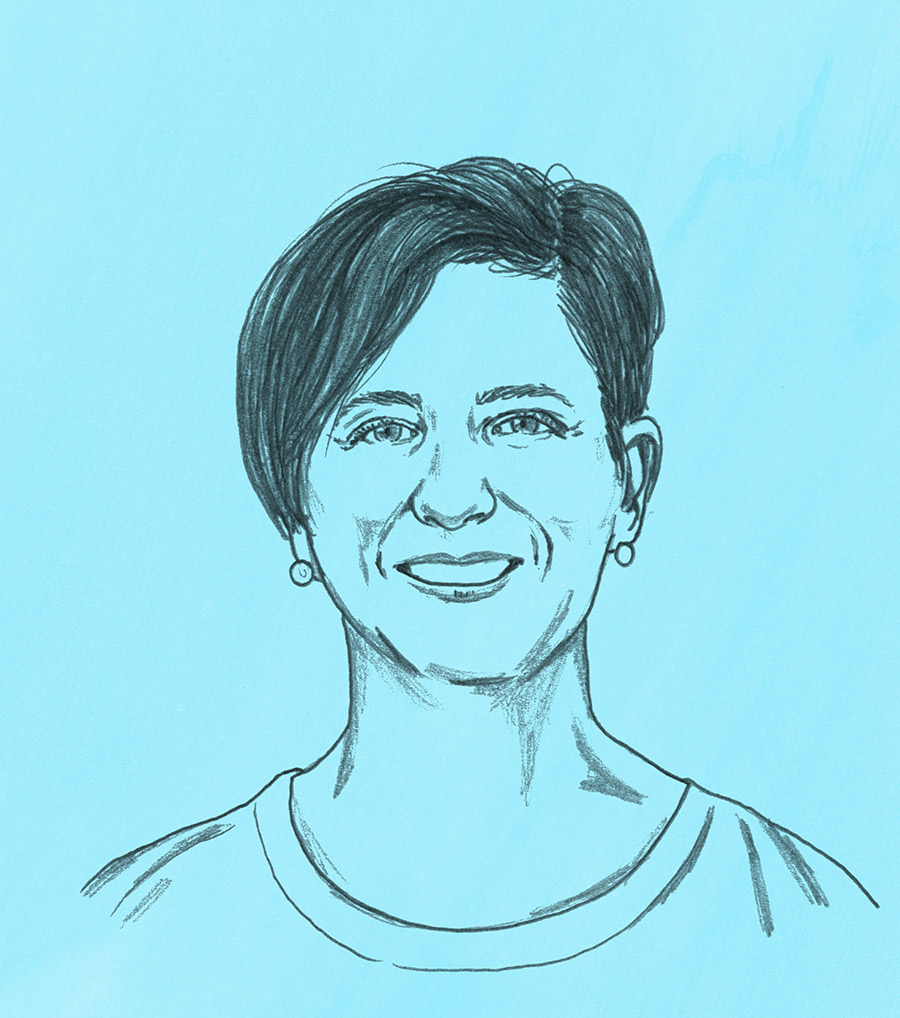
You are the first to hold the recently created position of faculty director for academic civic engagement. What made you want to interrupt your teaching groove in women’s & gender studies to take a three-year appointment in Bucknell’s Office of Civic Engagement?
I’ve always been interested in civic engagement as part of my career and life, so it was a good fit. I use service learning and community- based learning pedagogies in my teaching. Also, as an anthropologist, the research I do has always been ethnographic and community based. More recently, it’s been community-action based, meaning it actively involves community participants and is intended to have an effect on their world. So, civic engagement is in my blood. I believe in its value and was delighted to see a position had been developed in which I could promote this kind of work at the University. Given the chance to help advance the University’s civic-engagement opportunities on the curriculum side, I jumped at the opportunity to apply for this position.
Engaged Bucknell intends to broaden and coordinate Bucknell’s already-vibrant civic-engagement effort, and make it a more visible, intentional institutional focus. The strategy includes steps to make civic engagement accessible for all students, who sometime struggle without transportation or time to volunteer. But even now, the Office of Civic Engagement (OCE) manages opportunities for plenty of students quietly invested in their mission to make the world a better place.
Shelbie Wenner ’20 is a doctor-in-the-making studying neuroscience and Spanish. She started volunteering at the Lewisburg Community Garden and Community Harvest about a year ago.
“I love gardening,” Wenner says. “We always had a garden growing up. But volunteering was a social thing too.”
Wenner says juggling her time is a challenge, but the reward is real.
“It’s hard work,” she says. “You’re sweating; you get blisters. But to see food go to people who work hard for their money and want to sit down to a hot meal is rewarding.”
At Community Harvest, a weekly community supper prepared with ingredients grown in the Community Garden, Wenner is a volunteer who cooks, serves and cleans after the meal shared at a Milton church. She appreciates that even her smallest effort has meaningful impact.
“Everyone knows everyone, so it’s like a family dinner,” she says. “You’re helping people, so you feel good. And you feel grateful for how blessed you are.”
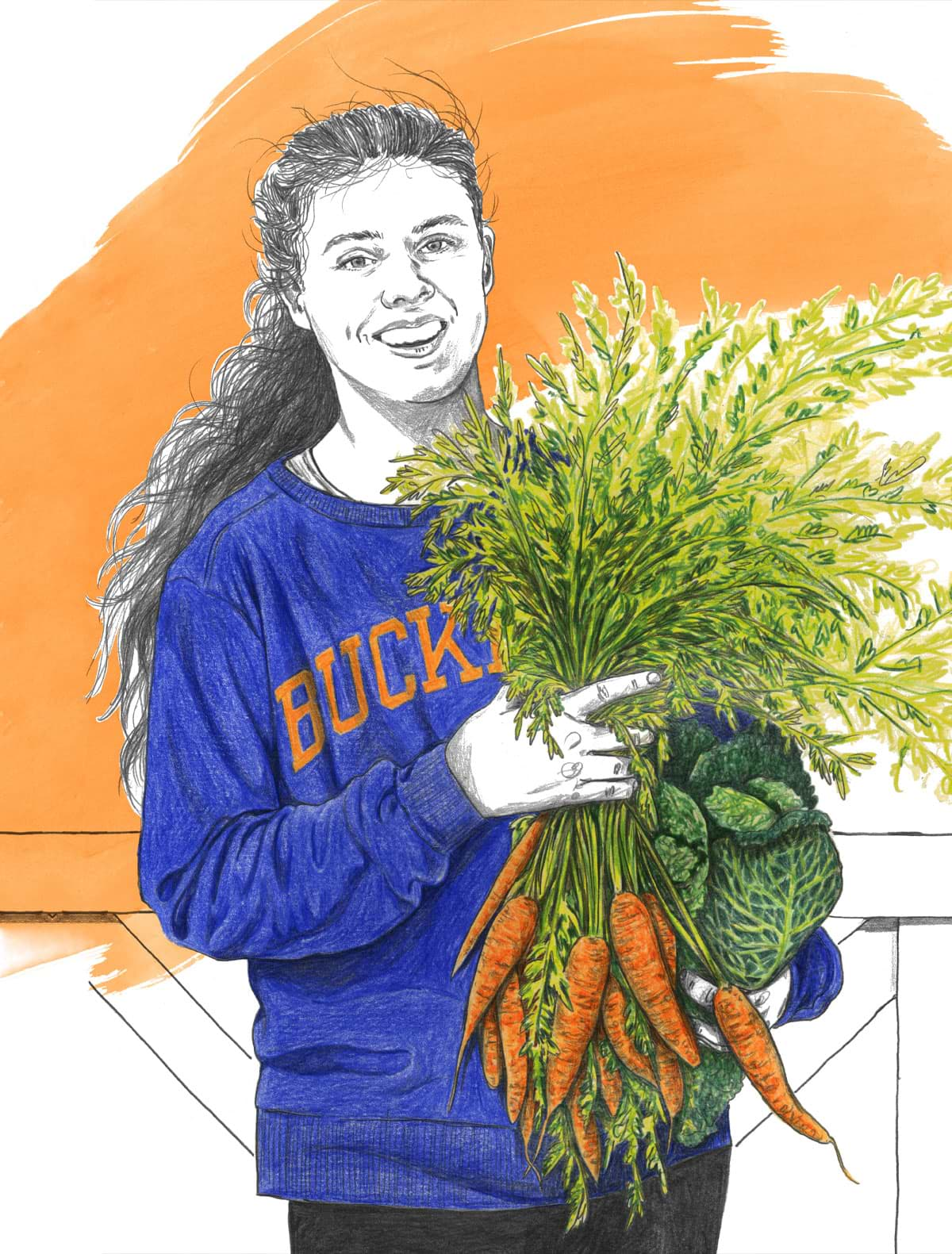
Engaged Bucknell intends to broaden and coordinate Bucknell’s already-vibrant civic-engagement effort, and make it a more visible, intentional institutional focus. The strategy includes steps to make civic engagement accessible for all students, who sometime struggle without transportation or time to volunteer. But even now, the Office of Civic Engagement (OCE) manages opportunities for plenty of students quietly invested in their mission to make the world a better place.
Shelbie Wenner ’20 is a doctor-in-the-making studying neuroscience and Spanish. She started volunteering at the Lewisburg Community Garden and Community Harvest about a year ago.
“I love gardening,” Wenner says. “We always had a garden growing up. But volunteering was a social thing too.”
Wenner says juggling her time is a challenge, but the reward is real.
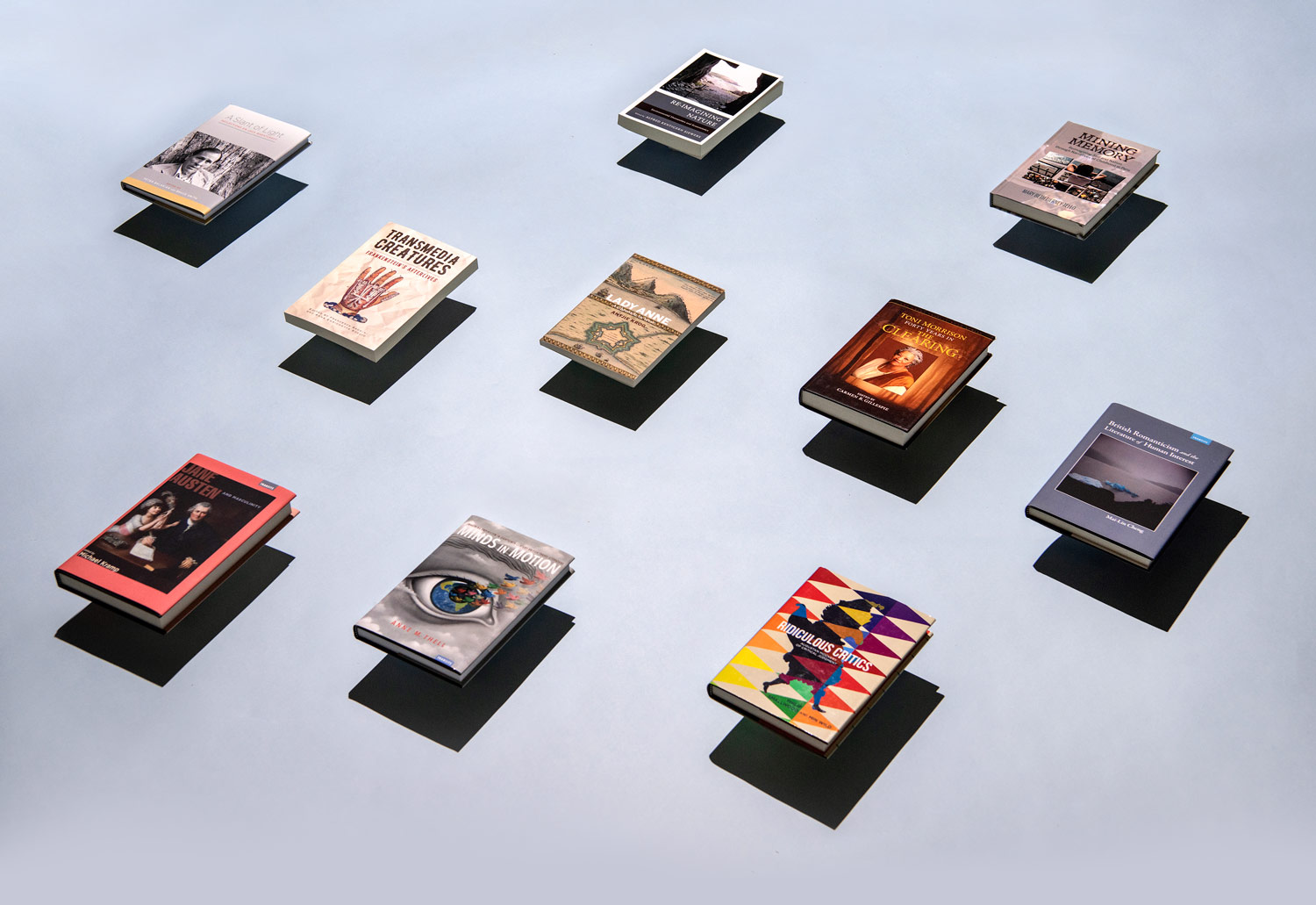
photograph by Emily Paine

photograph by Emily Paine
he United States has some 2,500 universities, but only 140 operate their own university presses, sending out into the wide world academic and scholarly books that would never find a home in the commercial marketplace. And for those publishers, it’s a tough time to be in business.
While promoting intensive scholarship is an important mission, and hosting a university press enhances a school’s academic reputation, the books aren’t big sellers. Most titles are produced in small quantities that can cost more than $100 a copy. Printing costs are rising, while the number of buyers who can afford expensive volumes on highly specialized topics — mainly academic libraries — is steadily shrinking.
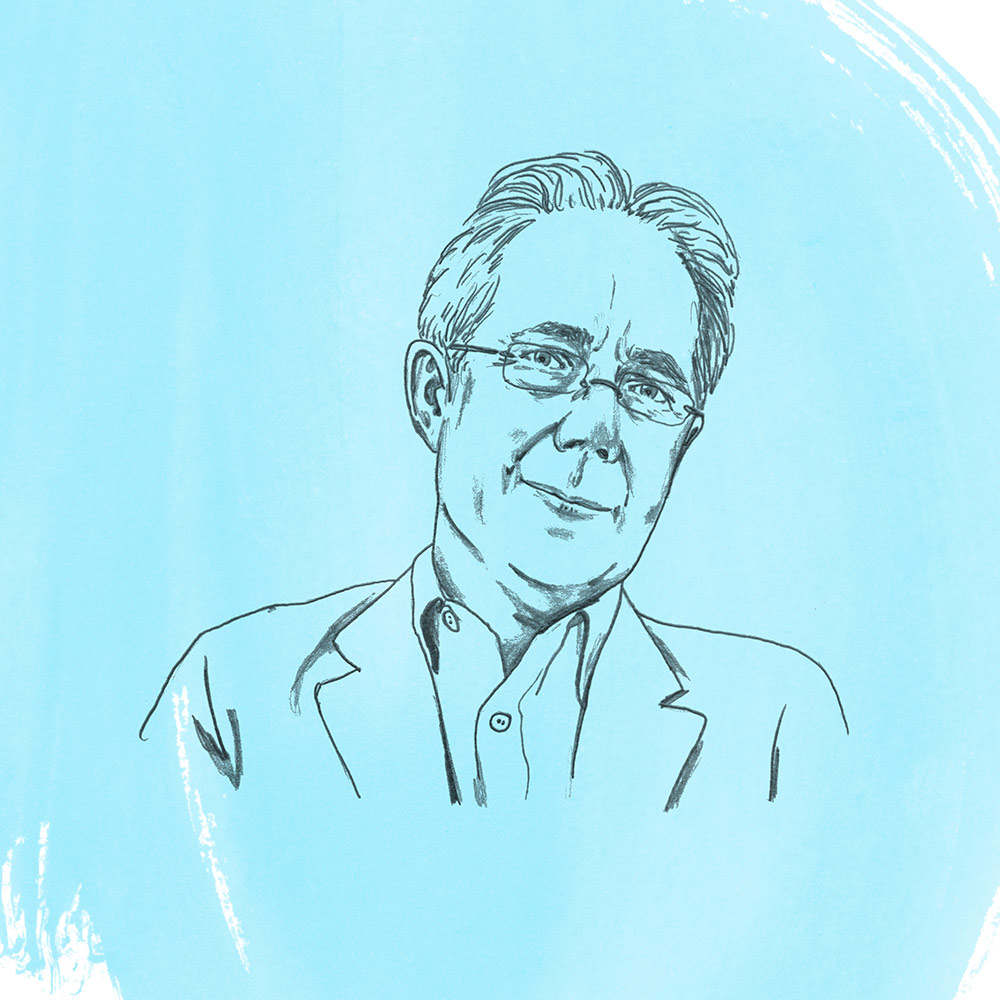
WHEN GREG CLINGHAM began running the Bucknell University Press in 1996, he had a special passion for 18th-century studies.
He’d come to Lewisburg just three years earlier to teach in the English department. When he took over at the Press, Clingham made the most of his field of expertise, quickly launching a series of titles that brought Bucknell to the forefront of scholarship in the field.
During Clingham’s 22-year tenure, the press continued to build its already-solid reputation in studies of Latin America, and Iberian studies and Irish literature, while branching into other fields, such as Africana and cultural studies.
“Bucknell Press has become one of the great, small academic presses,” Clingham says.
Each year, the Bucknell University Press typically gives a graduate student the chance to join the staff as an editorial assistant. Earlier this decade, the press also began the Cynthia Fell Internship Program, a competitive, one-year, unpaid position for undergraduates that covers all aspects of scholarly publishing and offers the equivalent of one course credit
For many of those students, working at the press profoundly influenced their path into professional life. We spoke to some of them about their experiences
An Entrée into the Academic Life
Kate Parker ’03, M’04, a newly tenured professor of English at University of Wisconsin–LaCrosse, specializes in 18th-century studies, a field that was her passion during her two years as an editorial assistant at the press. She is currently co-editor of the Press’ series of publications called Transits: Literature, Thought and Culture, 1650–1850. “Everyone [in the field] wants to publish with Transits, especially if it’s their first book,” she says.
Parker’s time with the Press was “like an apprenticeship in 18th-century studies,” she says. “Greg [Clingham, former director] was an incredible mentor. In so many ways, I owe my career to Bucknell.”
Patrick Henry M’10 was uncertain about his future goals and was merely “exploring opportunities” when he began pursuing a master’s in English. But his two years as an editorial assistant at the Press “gave me a new sense of the value of scholarly work and inspired me to continue my own scholarly journey,” he says. Henry now teaches creative writing at the University of North Dakota and is associate editor for fiction and poetry at the journal Modern Language Studies. Working at the Press “was absolutely foundational in shaping the way that I think of both scholarship and teaching,” he says.
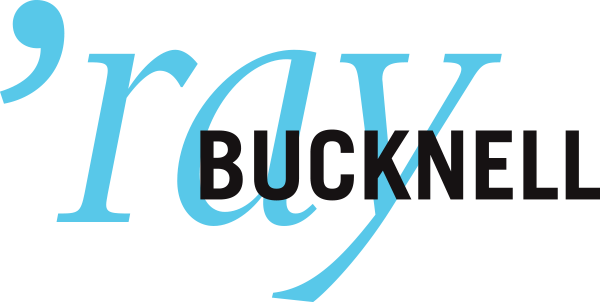

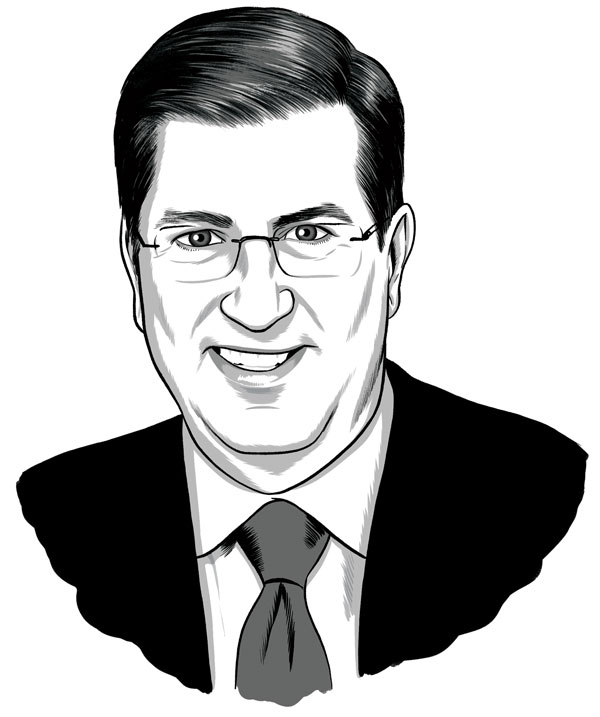
Never Enough:
The Neuroscience and Experience of Addiction
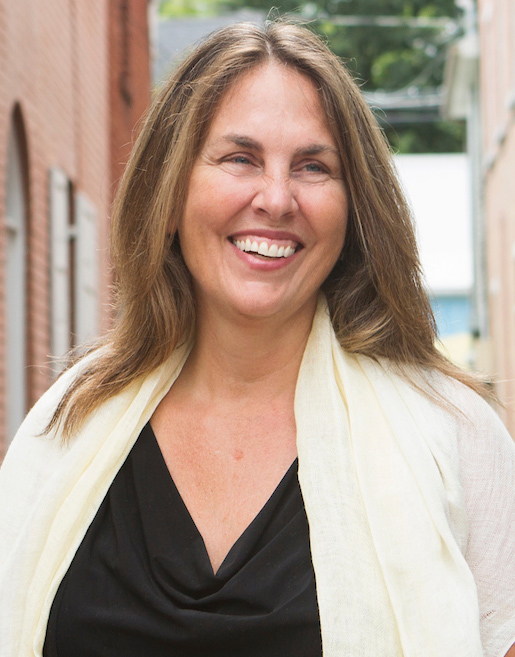
Professor Judy Grisel’s new book has been a Times best seller.

Professor Judy Grisel’s new book has been a Times best seller.
Never Enough:
The Neuroscience and Experience of Addiction
Psychology professor Judy Grisel is a recovering drug addict and scientist. In Never Enough, Grisel marries neuroscience to addiction’s gritty personal side. “People say they appreciate a voice that is neither puritanical nor scientifically ungrounded,” Grisel says. Released in February, Never Enough made an immediate splash, landing Grisel on The New York Times Nonfiction Best Sellers list sandwiched between Michelle Obama and Toni Morrison.
Bravely Baring It All
In its early pages, Never Enough is a candid tale of Grisel’s addiction that took root when she was 13. She rapidly progressed from alcohol to marijuana, meth and needles, and, as if on cue, guns, overdoses and cops enter the picture. Grisel didn’t intend to publish her personal history, but others convinced her that science alone wouldn’t make a page-turner.
Grisel is an introvert but recognized that “when people share stories of their brokenness, there are generally two responses: Some people identify and open up; others become uncomfortable and turn away,” she says.
John Kolaya ’70 was a sophomore chemical engineering major on a field trip when he beheld the World Trade Center under construction, little knowing that one day he would be involved in helping with its reconstruction decades later.
“I stood at the edge of the massive excavation pit lying more than 80 feet below,” he says. “From my vantage point, the subway tube suspended in the hole and the large construction equipment at the bottom looked like toys. It really shook my world,” prompting him to change his major to civil engineering.
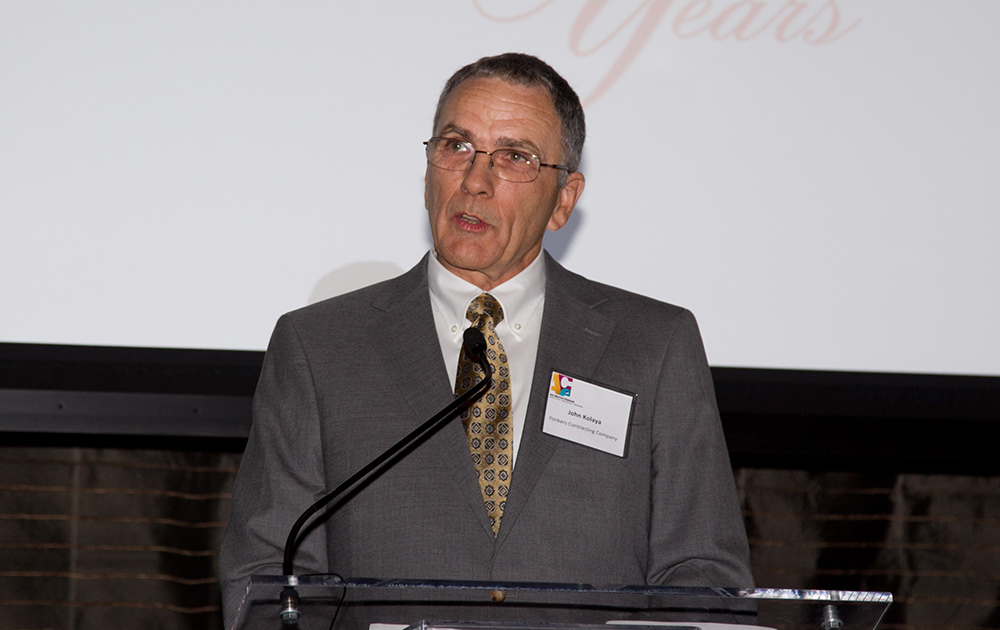
Early in his job as a food scientist at General Foods Barry Frake ’76, P’06 learned that his bosses wanted a new product for the company’s beverage line, something sugar-free and powdered.
“I had to come up with a combination that would work,” says Frake. That mix of an artificial sweetener, sourced ingredients and the right packaging to preserve it became Crystal Light, which is still on the market, now with two-dozen flavors. “It’s like building a house. If you have the know-how to build it and make it taste really good, it’s a success,” he says.
Since 2012, Frake has been the vice president of research and development for Bimbo, an international food company that is the successor to General Foods. Frake developed a rich stew of projects. He has been called on to enhance the orange flavor of Tang, for instance, and develop a line of fat-free Entenmann’s baked goods. He has seven U.S. patents, shared with the company, for his innovations.
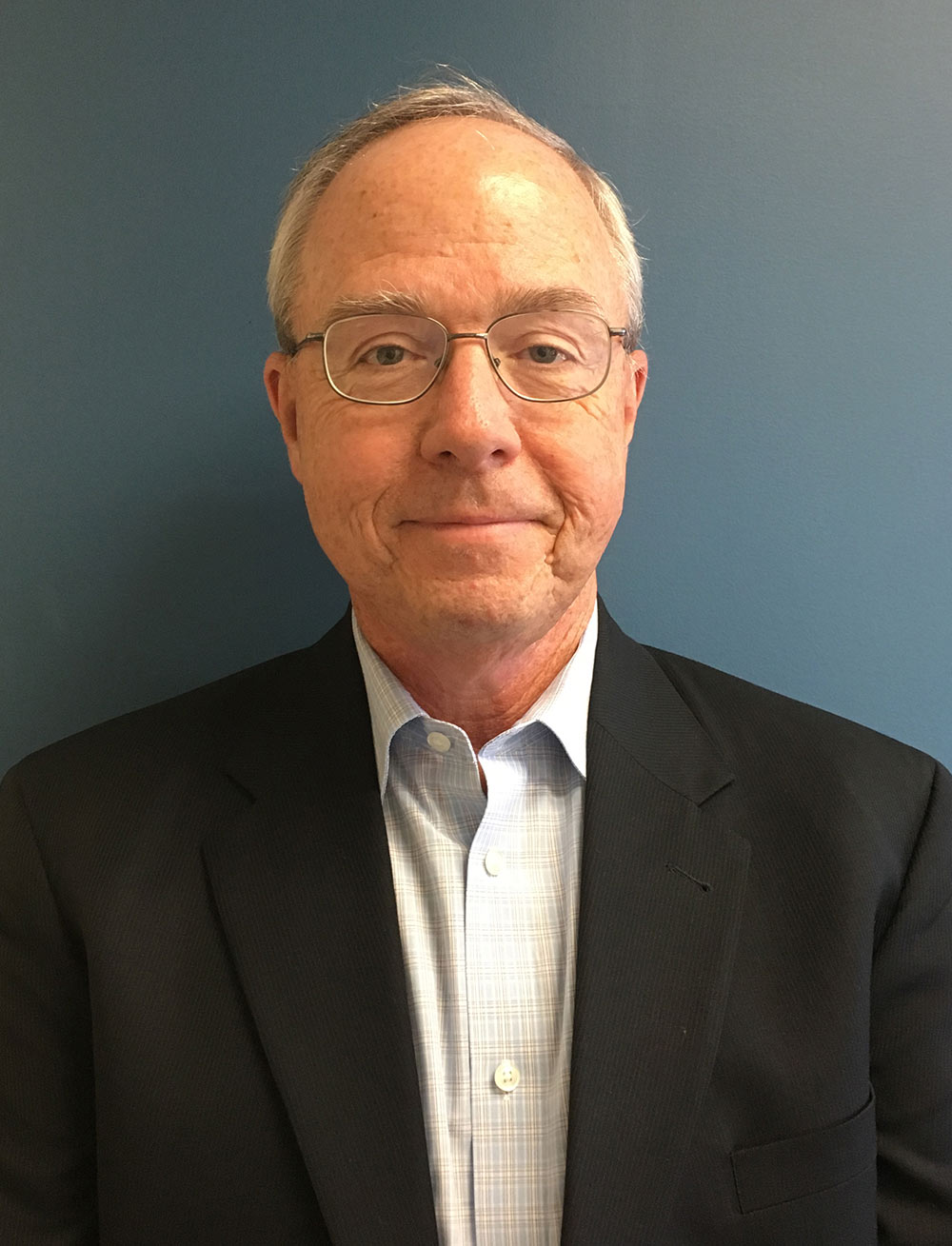

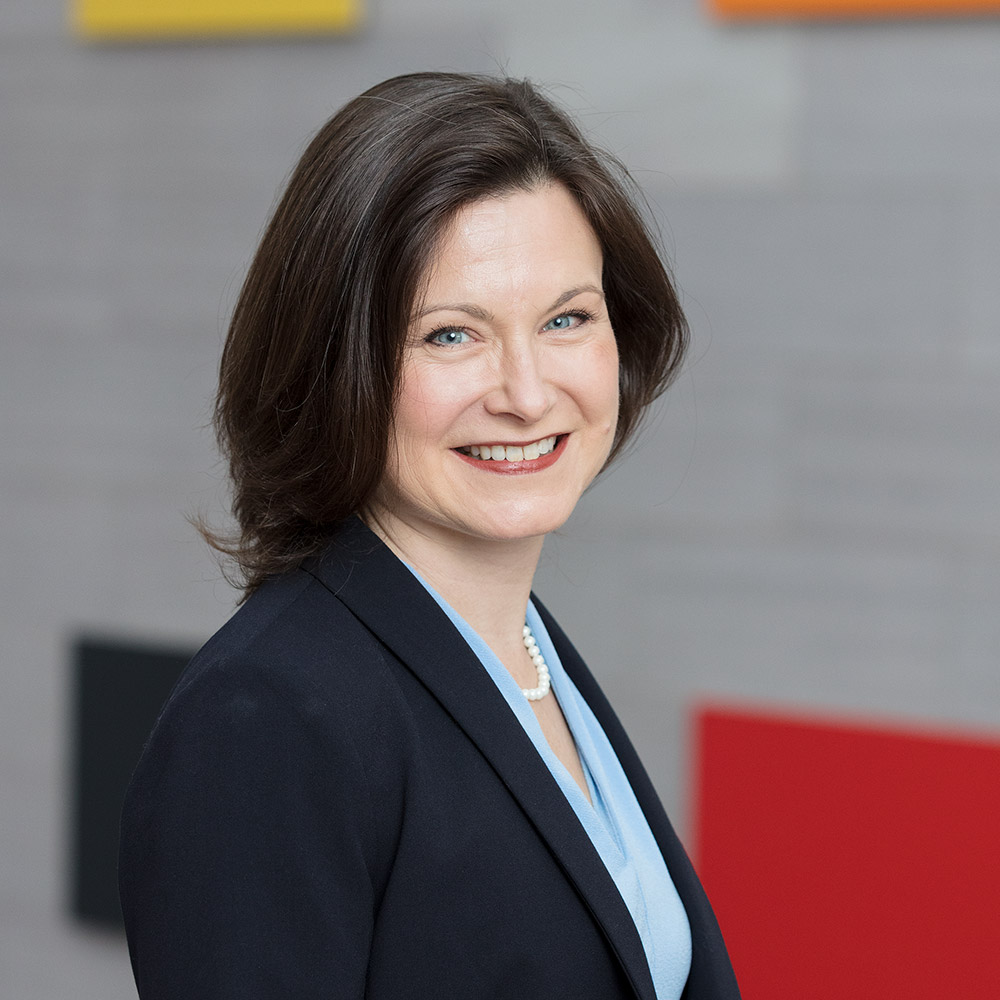
Christine Zapotocky Kelleher ’91, an executive officer for the Bucknell University Alumni Association Board of Directors, is chief of investments at the National Gallery of Art in Washington, D.C., where she manages an endowment of more than $900 million. At Bucknell, she majored in Russian and international relations, graduating with honors, cum laude and Phi Beta Kappa, and holds master’s degrees in Russian and East European studies and Central European history from Georgetown University.
Besides providing an incredible education? After graduation, I crashed on a classmate’s couch and pounded the pavement in Washington, D.C., connecting with Bucknell alumni in sectors of interest to me, which led to a job that launched my career. Whenever I can, I try to pay it forward for other Bucknellians.
Russian. I was hooked after the first class and changed my major. It awakened a lifelong wanderlust, including a semester abroad in Leningrad and a professional stint in Central Europe (where I met my husband!), and led to many travel adventures.

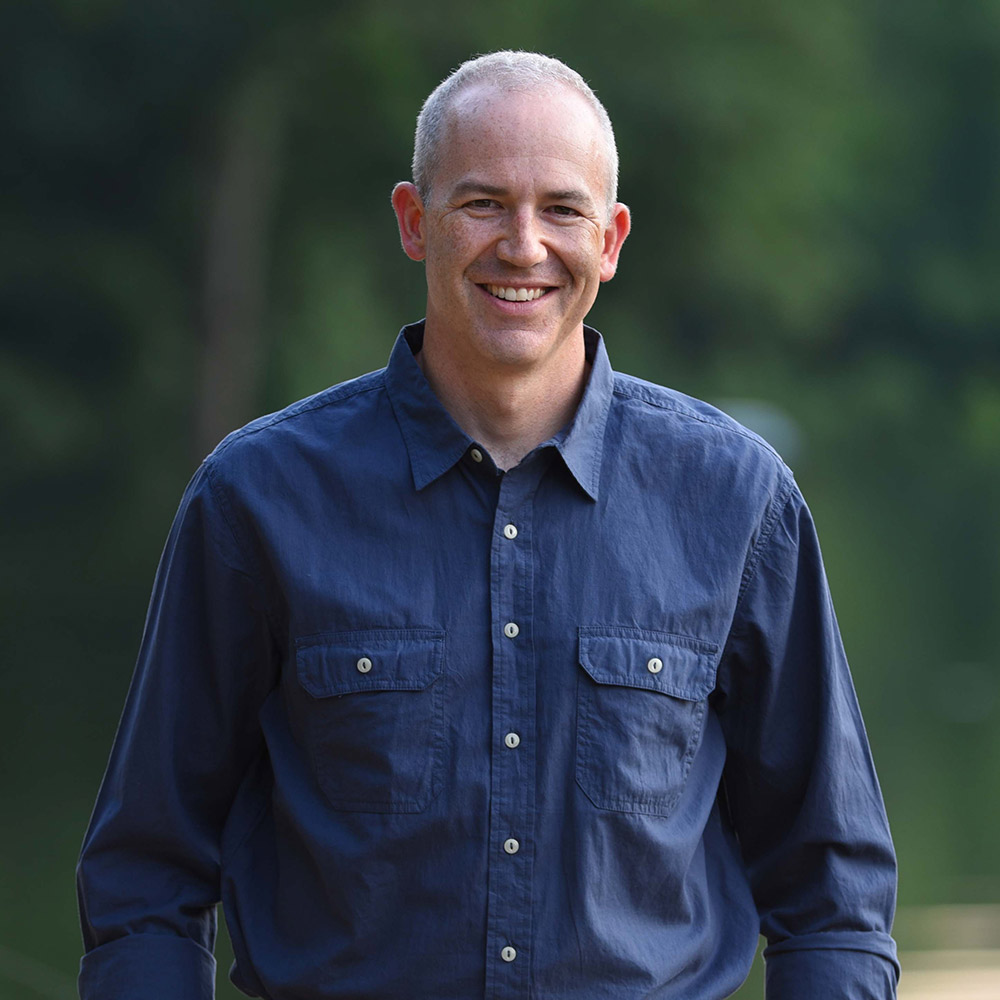
by Matt Hughes
“There is a moment with almost every one of my clients when I share the work that we’ve done, and their eyes well with tears,” Polt says. “They’ve opened up to me, sharing meaningful stories, and now they’re seeing it reflected back on screen.”
Acknowledge Media, the company Polt launched in Baltimore in 2016, produces legacy films that tell the life stories of individuals and couples. His most frequent clients are families, though Polt notes that his work also has value for institutions like schools, churches and family businesses. “It’s about legacy preservation,” he says.
Polt says he knows that value firsthand. When he was an economics major at Bucknell, his parents videotaped an interview with his grandfather, who emigrated to the U.S. from Poland.
“It’s not a happy story — he had many hardships throughout his life — but he shared it,” Polt says. “When I think about where I come from, it’s very much associated with my grandfather’s story and what he was able to overcome.”
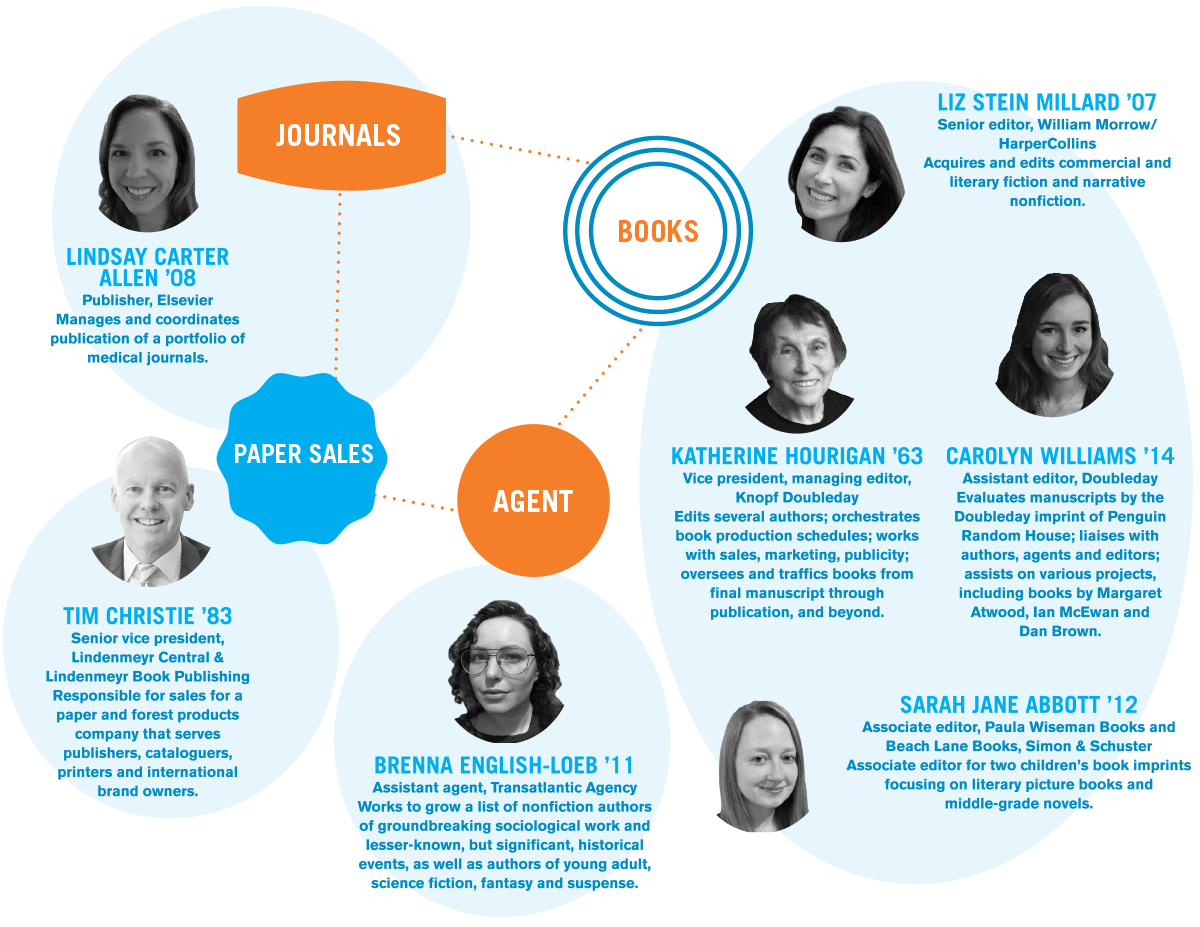
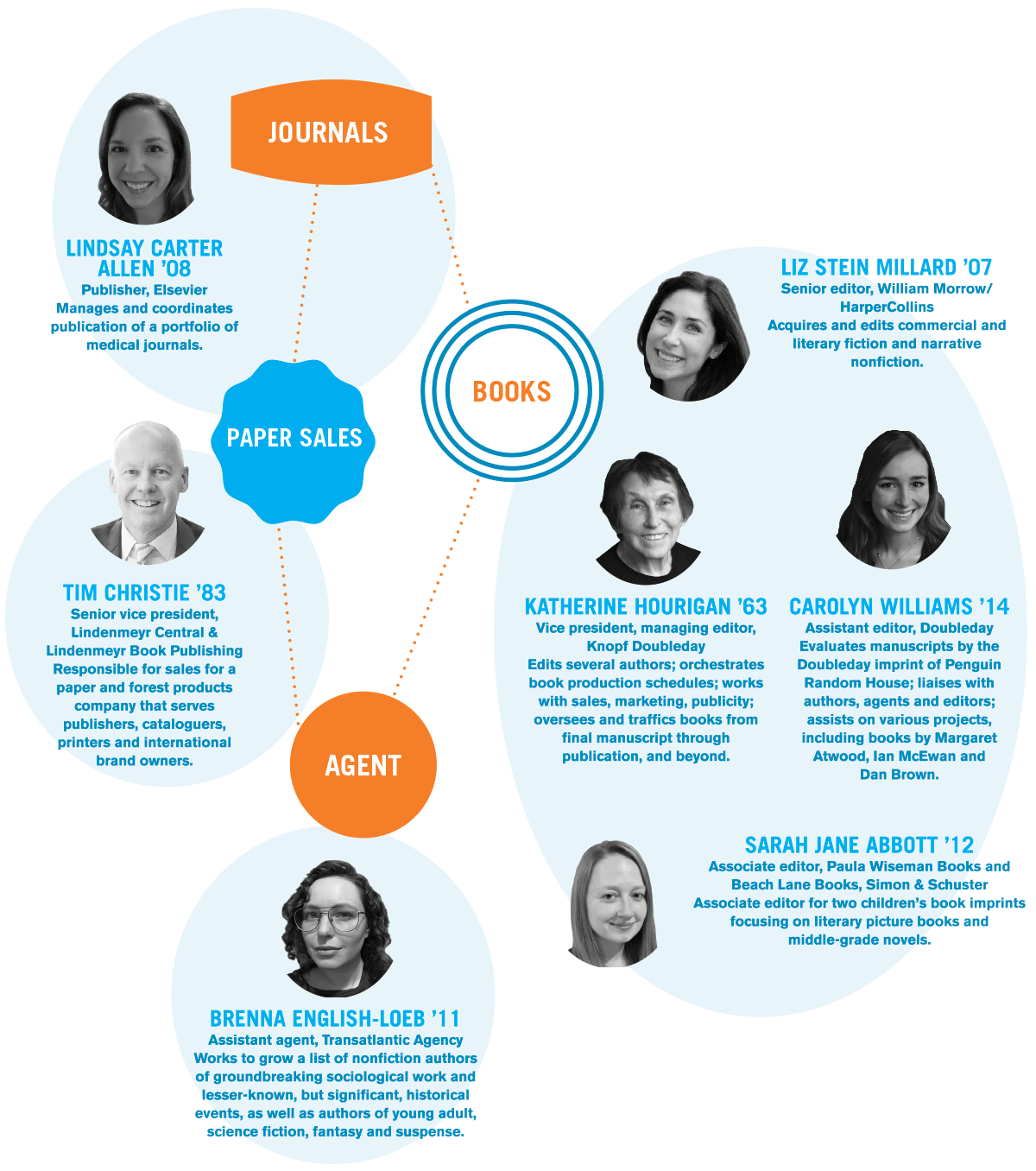
Eight years into a successful career as a business manager at UBS Wealth Management in New York City, Monica Grinage Harrison ’07 found herself at a crossroads: accept a senior management position on Wall Street? Or follow her passion and rededicate her life to softball?
In a career-defining 2015 move, Harrison abandoned Wall Street for Philadelphia, where she became Arcadia University’s first full-time assistant softball coach. Within two years, the Pittsburgh native moved on to Carnegie Mellon University, where she was named head coach of the university’s 19th and newest varsity sports program, which debuted in March.
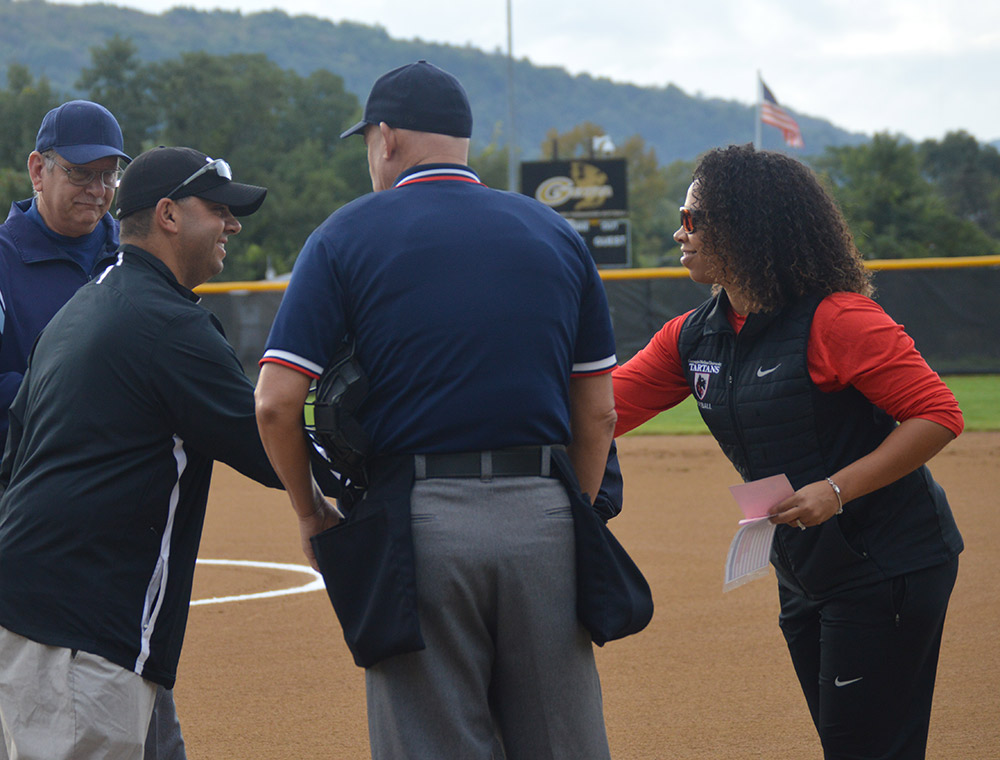
When Amanda Sidman ’08 was growing up, her mom insisted she read the wedding announcements in The New York Times — through a feminist lens.
“She told me to look at what the brides did for a living and to think about what I wanted to do,” says Sidman. “I knew I wanted to work in the media in some way, and a lot of the women featured were successful in the industry, so it gave me some good ideas.”
After starting at the New York Daily News in various feature-writing jobs, the English–creative writing major has spent the last seven years at NBC News, where she is now the supervising entertainment producer, heading a team of five people who secure interviews with entertainment-world celebrities for the news-side telecasts.
Primarily, that means scheduling guests to appear on Today, especially the 8 to 9 a.m slot, which typically features the next movie blockbuster, the hottest comic or a leading singer.
Because the news cycle never really ends, Sidman’s job is not for the nine-to-fiver.
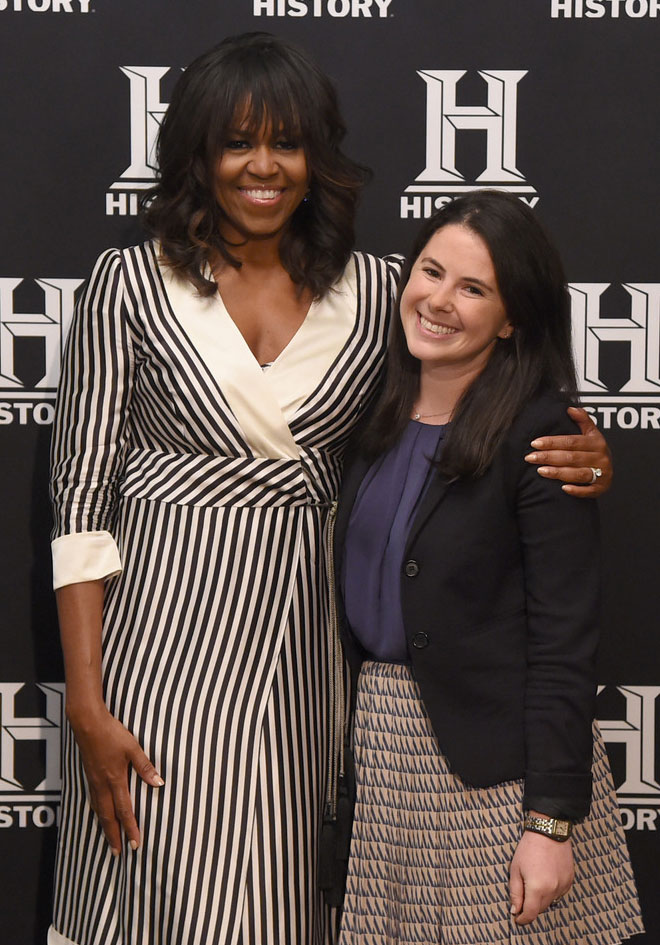
Quitting the Corporate World
After graduation, Drew Hackman ’11 followed a likely career path for a chemical engineering major: managing projects at a Fortune 250 industrial gas company.
“I had a great job and loved my team,” he says. “But the company’s connections to the oil industry created too much cognitive dissonance.”
Hoping to align corporate values with his personal values, Hackman became a consultant for hospitals in his native Chicago. However, he soon discovered the role left him “too far removed from impactful patient care to be fulfilling.”
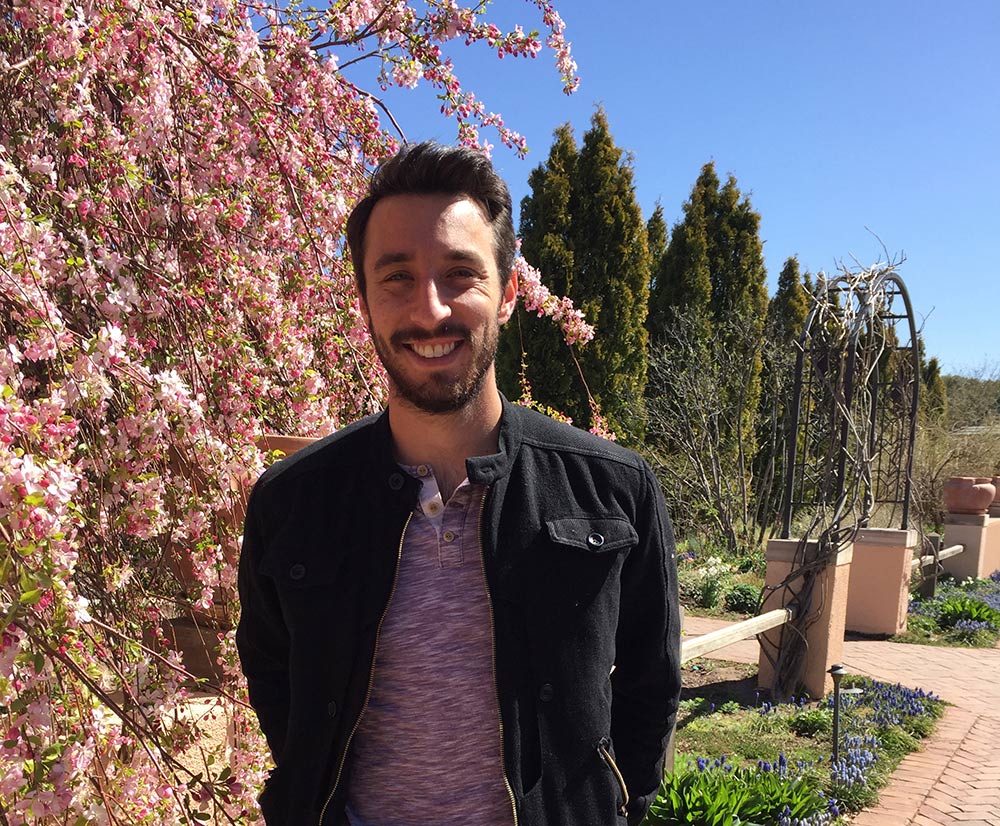
William Twersky ’12
As a double major in history and classics, and a member of the men’s crew team, my undergraduate experiences prepared me for whatever I wanted to do after college. Would I go to law school or pursue a graduate degree in history with an eye toward museum work? Before committing to one pathway, I tested the waters doing administrative and paralegal work for a year. Taking that time was the best decision, and I would recommend it to anyone on the fence about a career path. It allowed me to realize that becoming a lawyer was not what I wanted, and I confidently proceeded to New York University for a master’s degree in history.
A HYPOTHETICAL EXHIBIT
In 2014, as an NYU graduate student, I took a course on creating memorial museums. That same year, the National September 11 Memorial & Museum opened in lower Manhattan, and a museum staff member taught the class. My final assignment was to propose a hypothetical exhibit for the museum.
The museum is well done, but it’s a somber space with a fair amount of disturbing material. I proposed an uplifting subject that all ages could appreciate: the role of sports in helping to heal and bring together the city and nation following the attacks.
After earning my master’s in May 2015, I started working as a content developer at the multispecialty New York City design firm C&G Partners. As an exhibit designer, I conceptualize narratives and layouts, conduct research into collections and potential loan items, write exhibit scripts, and more.
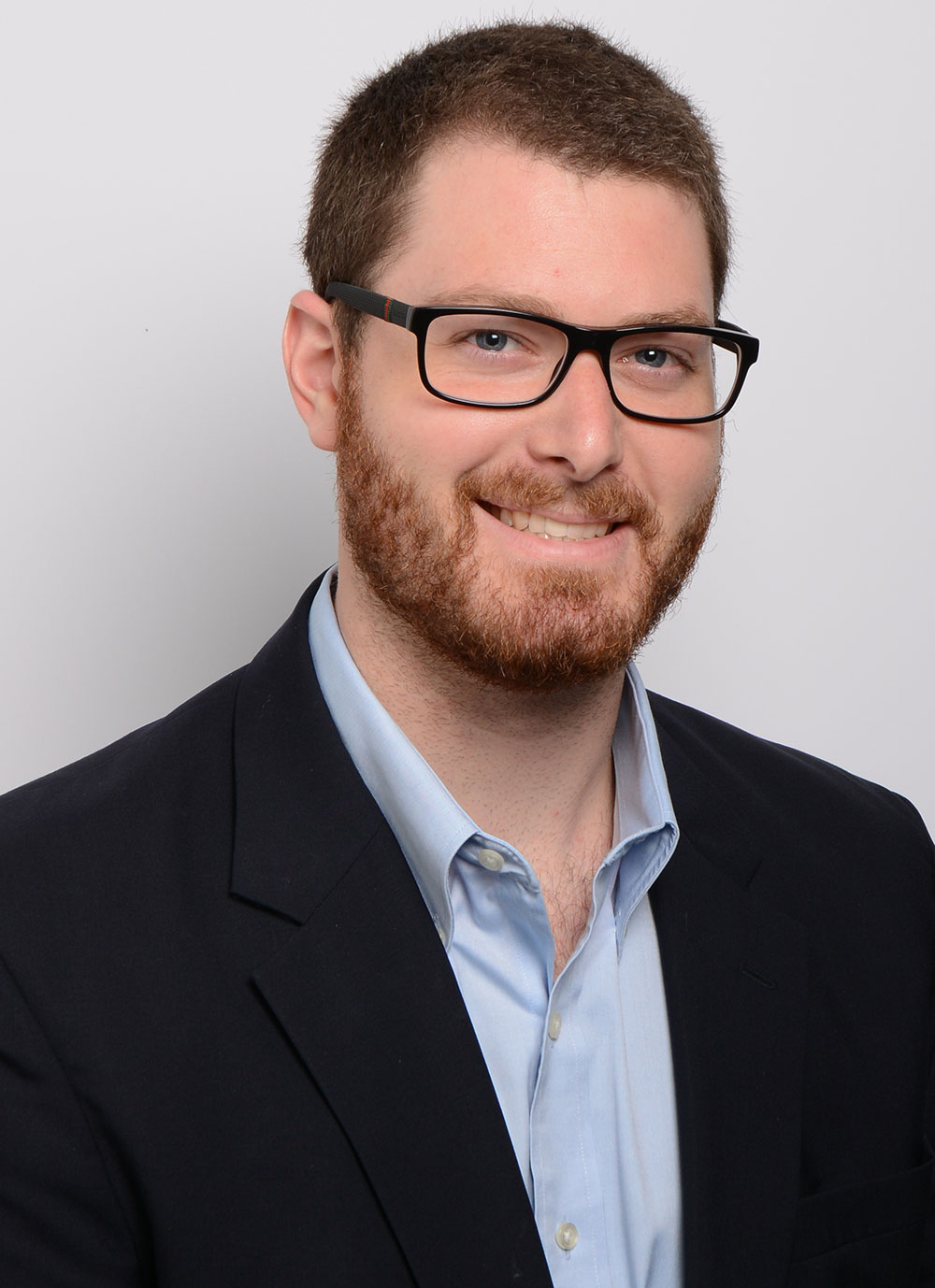
Data Driven
Maddie Minneci ’18 learned a lot playing varsity softball at Bucknell. Not only did she gain skills she transferred to the workplace, such as discipline and communication, but the sport indirectly influenced her career path, as well.
Minneci is a research associate for the Institute for Defense Analyses (IDA), a not-for-profit corporation providing objective analysis of national security issues and other challenges involving extraordinary scientific and technical expertise. Minneci helps research solutions for problems posed by sponsors, such as the U.S. Department of Defense and the Department of Health Affairs.
“I thought it was cool that IDA provides a chance for me to look at real-world national security issues right out of college,” Minneci says. “There are so many different projects that come in that you can get involved in — anything you can think of.”
One project especially resonated with Minneci — examining the curricula and financial allocations of U.S. medical schools and comparing that data with peer institutions. Her analysis could lead to more efficient organizational structures, an outcome that intrigues Minneci, an aspiring physician who studied neurodevelopmental disorders during an internship at Geisinger Medical Center.
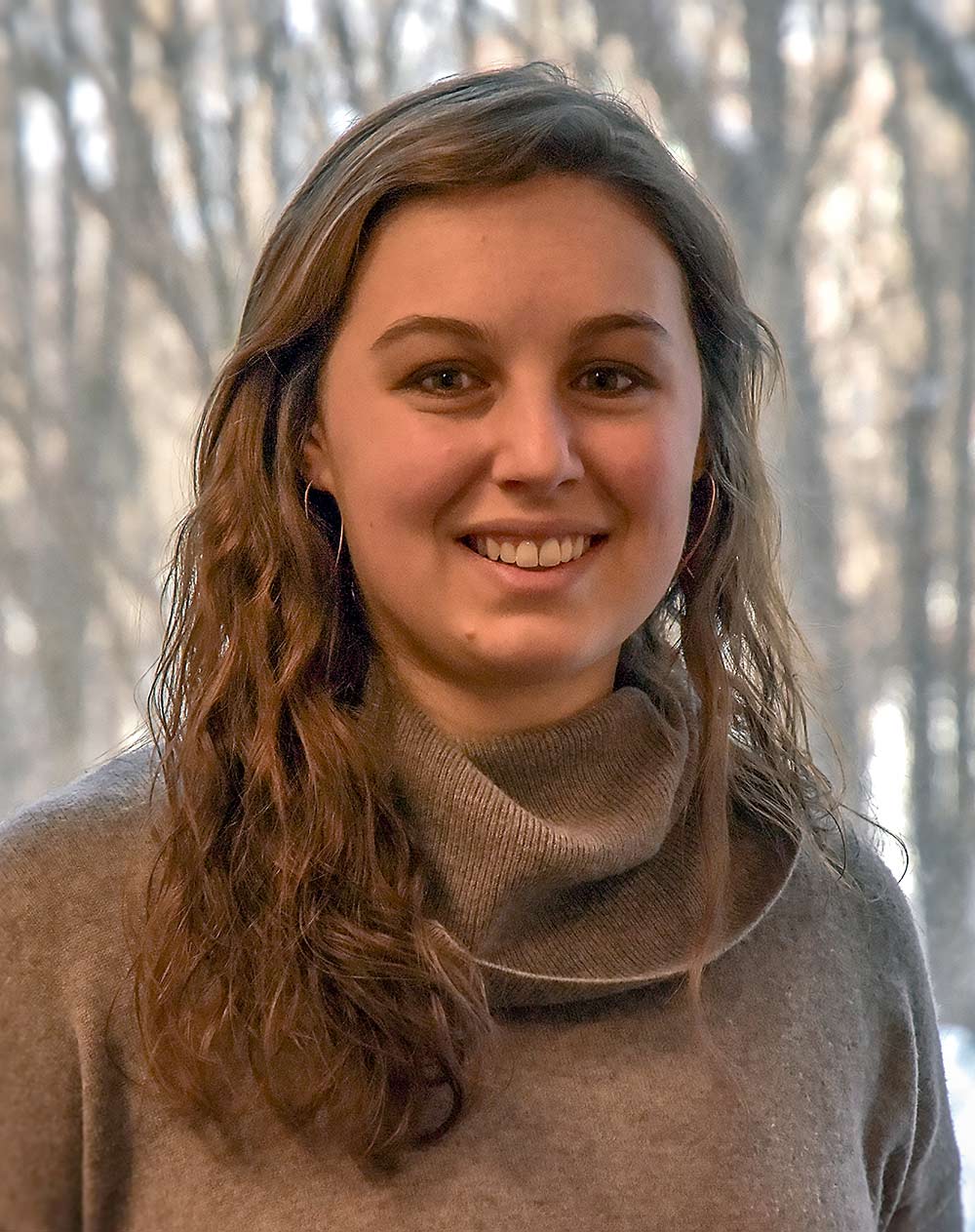
Winifred Bode Liles, July 4, Jamesville, N.Y.
Bill Moss, Sept. 23, Santa Ana, Calif.
Ellen Davidson Salati, Sept. 16, Hillsborough, N.J.
Harold Evans, Oct. 29, Grand Forks, N.D.
William Von Heill P’81, Sept. 29, Quechee, Vt.
Alison Kaufman Wellen, June 20, Charlottesville, Va.
Lou Decsi, Nov. 19, Englewood, Fla.
Pat Smith Colteryahn, March 14, 2017, Essex Junction, Vt.
Walt Colteryahn, Sept. 28, Essex Junction, Vt.
Barbara “Babs” Minton Leonard P’74, June 28, Cabot, Pa.
Evelyn Durfee McDonald P’74, Nov. 20, 2015, Pittsford, N.Y.
William Tomusko, Jan. 24, Dedham, Mass.
Norman Rosenberg, Dec. 4, Margate City, N.J.
Eileen Erman Wolf, Dec. 19, Livingston, N.J.
Leah Chandler Yocum, July 27, Honey Brook, Pa.

 From Fairy Tales to Playboy Bunnies: Gendered Social Scripts
From Fairy Tales to Playboy Bunnies: Gendered Social Scripts
Watch as Professor Erica Delsandro ’02 investigates the power of traditional gendered social scripts in popular culture, from fairy tales to advertisements to music videos.
Wednesday, May 15, noon EDT

FOLLOW US ON FACEBOOK TO SUBMIT YOUR ANSWER
 See you at Reunion!
See you at Reunion!
Watch and learn The Burma-Bucknell Connection: A Minidocumentary on YouTube.
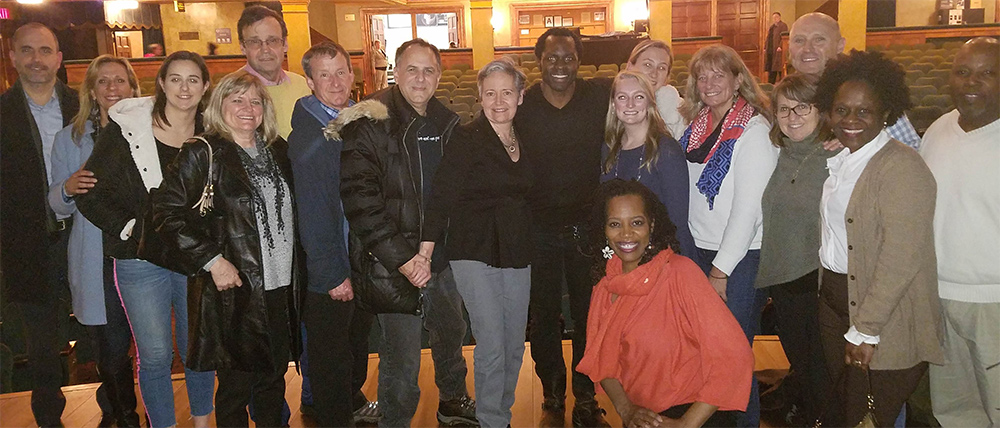
On Feb. 21, a group of 30 Bucknellians arrived at Shubert Theatre for a crowded evening Broadway performance of To Kill A Mockingbird, starring Gbenga Akinnagbe ’00 as Tom Robinson.
Akinnagbe, a double major in English and political science, is best known for his roles in the popular TV shows The Wire and The Deuce. He has starred in a plethora of roles since beginning his acting career and published articles in The New York Times. To Kill a Mockingbird is his Broadway debut.
“Knowing that Bucknell alumni were in the audience that night made the evening more special for me,” Akinnagbe says. “I loved being able to share something I love with people I had a shared experience with.”
The event was organized by Lauren Scott ’17, cultural chair of the Bucknell Club of New York City. She worked with Akinnagbe and the show’s company manager to obtain tickets and arrange a talk-back with the actors after the show.
After the general audience left, the Bucknell group filled up the front seats in the theatre. Akinnagbe sat on the stage, joined by his cast mates, who responded to questions about their rehearsal process, opening night, learning Southern dialects and their personal methods used to unwind after the stress of production. Celia Keenan-Bolger, who plays Scout, described the intricacies of playing a child as a 41-year-old woman. After the talk-back, the group gathered for a photo on stage with Akinnagbe.
“I believe everyone who came truly enjoyed themselves,” says Scott. “It was an absolute success.” Scott hopes to obtain tickets for the show later this year so more Bucknellians can enjoy the experience. — Emma Downey ’18, M ’20

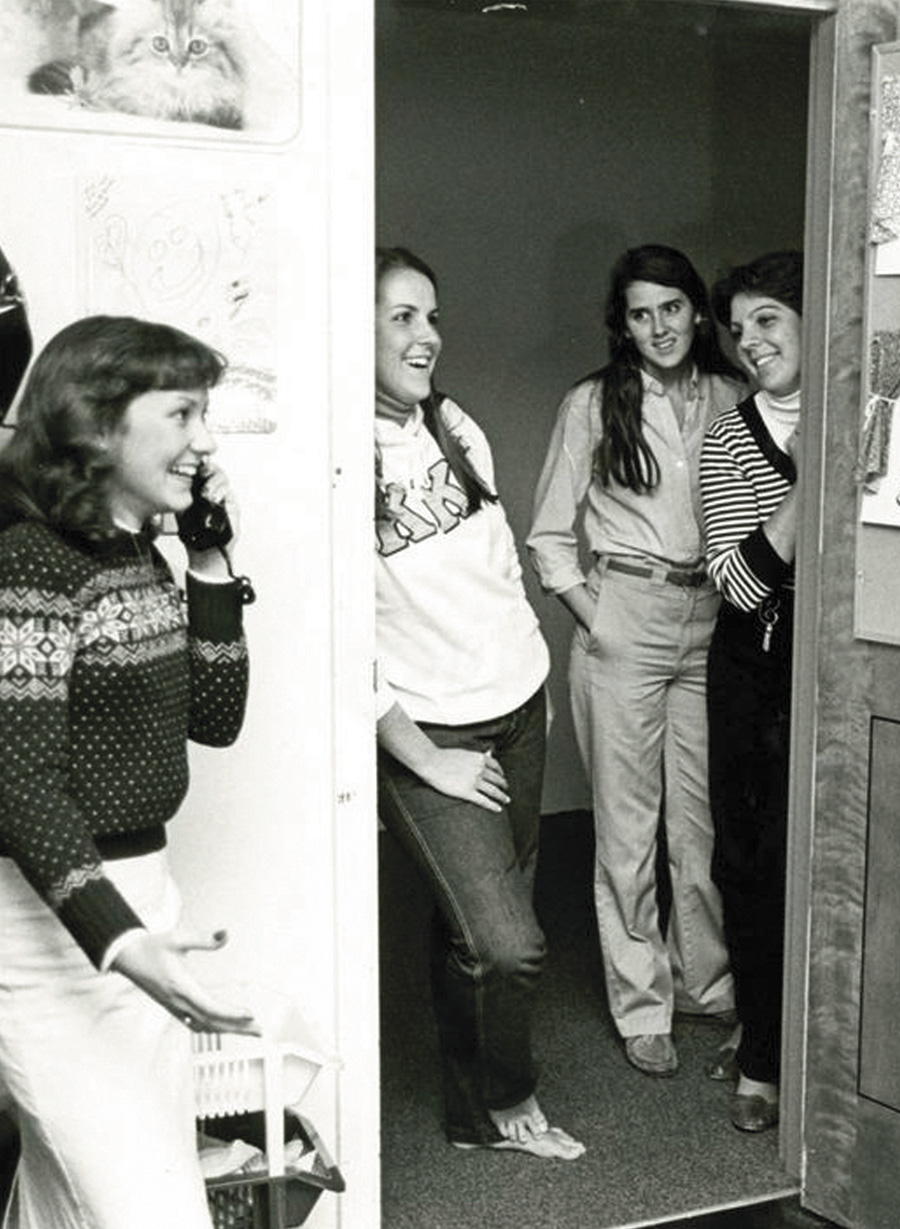


 A wooden curio cabinet containing natural-history artifacts occupies a corner in the Lewisburg living room of Chris Martine, the David Burphee Chair in Plant Genetics & Research. Martine collected many of the objects during research excursions to Australia, the Amazon and other exotic parts of the world. A fern he keeps under glass came from the Birmingham Botanical Gardens in Alabama, where he gave a talk. But his favorite items came from his home state of New Jersey, via the Panama Canal.
A wooden curio cabinet containing natural-history artifacts occupies a corner in the Lewisburg living room of Chris Martine, the David Burphee Chair in Plant Genetics & Research. Martine collected many of the objects during research excursions to Australia, the Amazon and other exotic parts of the world. A fern he keeps under glass came from the Birmingham Botanical Gardens in Alabama, where he gave a talk. But his favorite items came from his home state of New Jersey, via the Panama Canal.